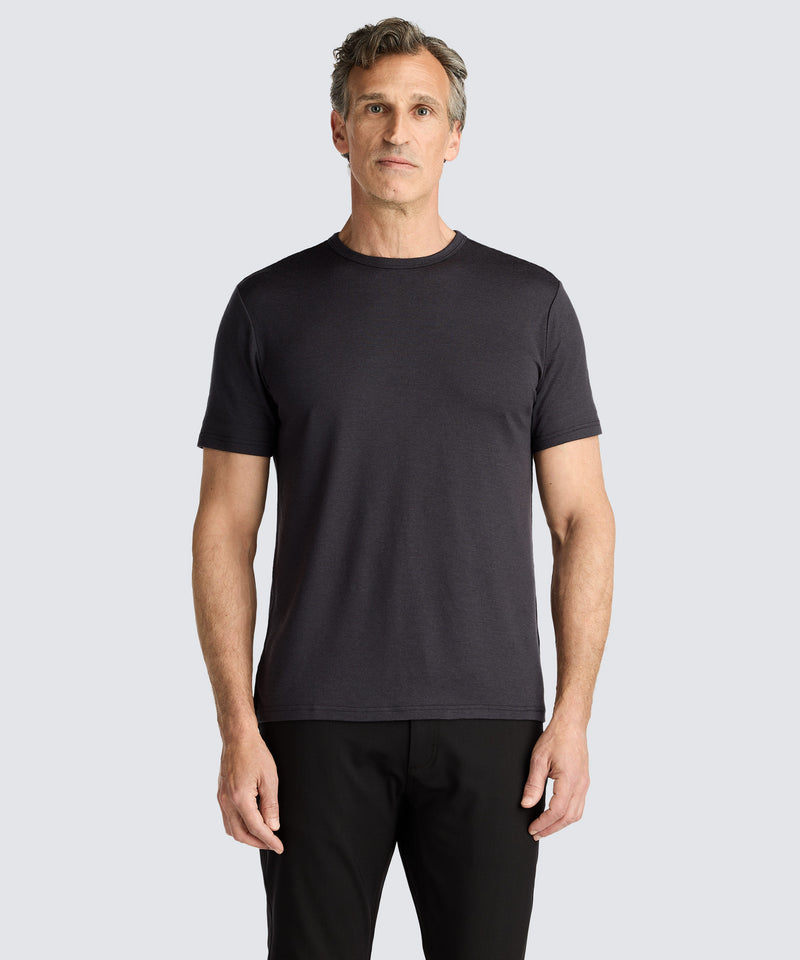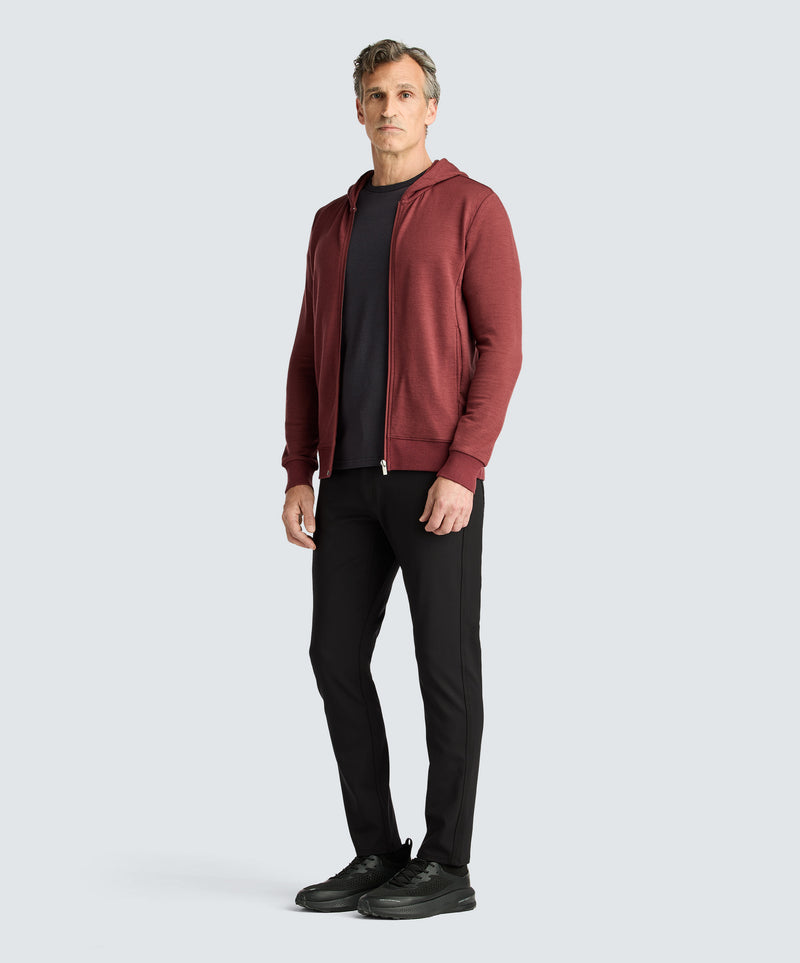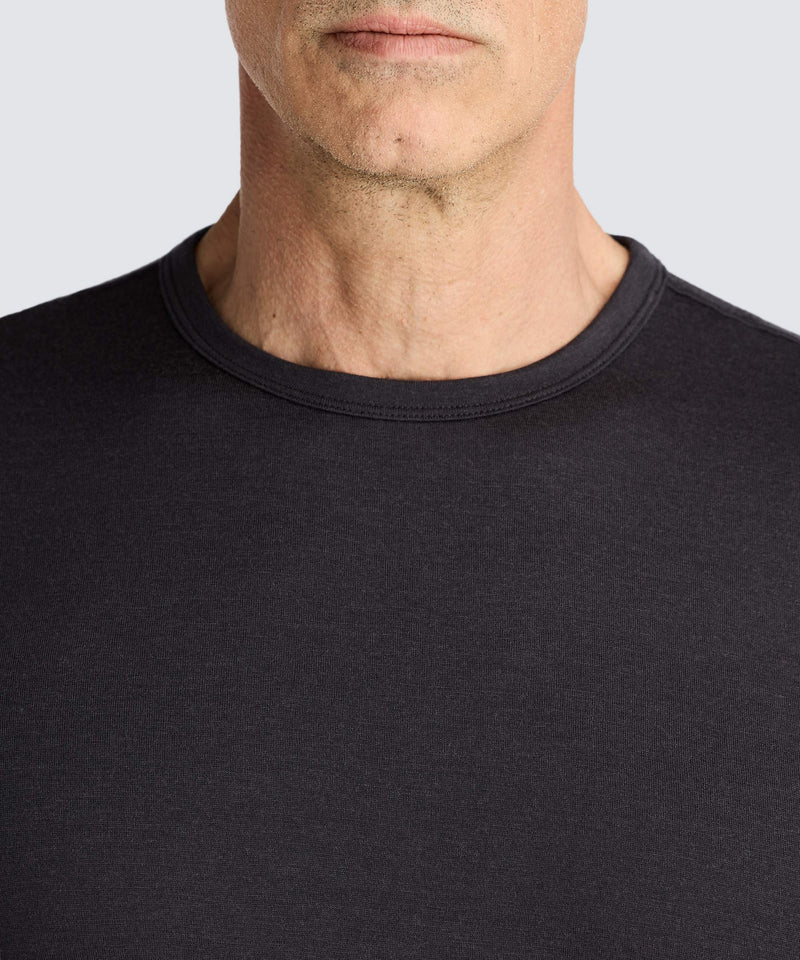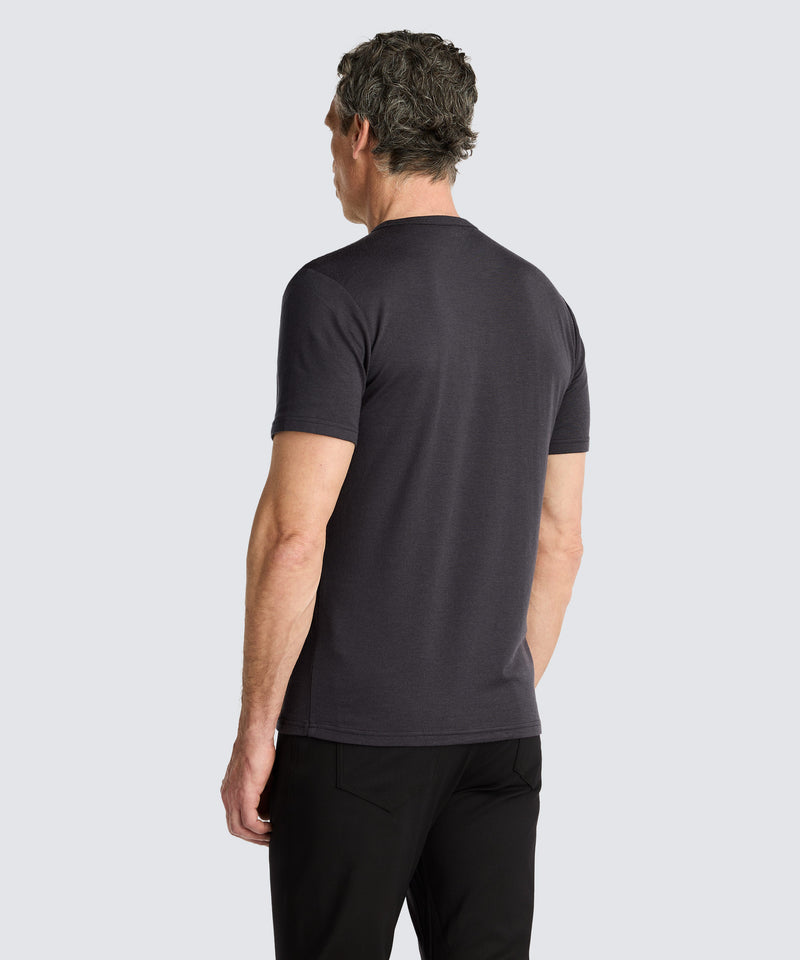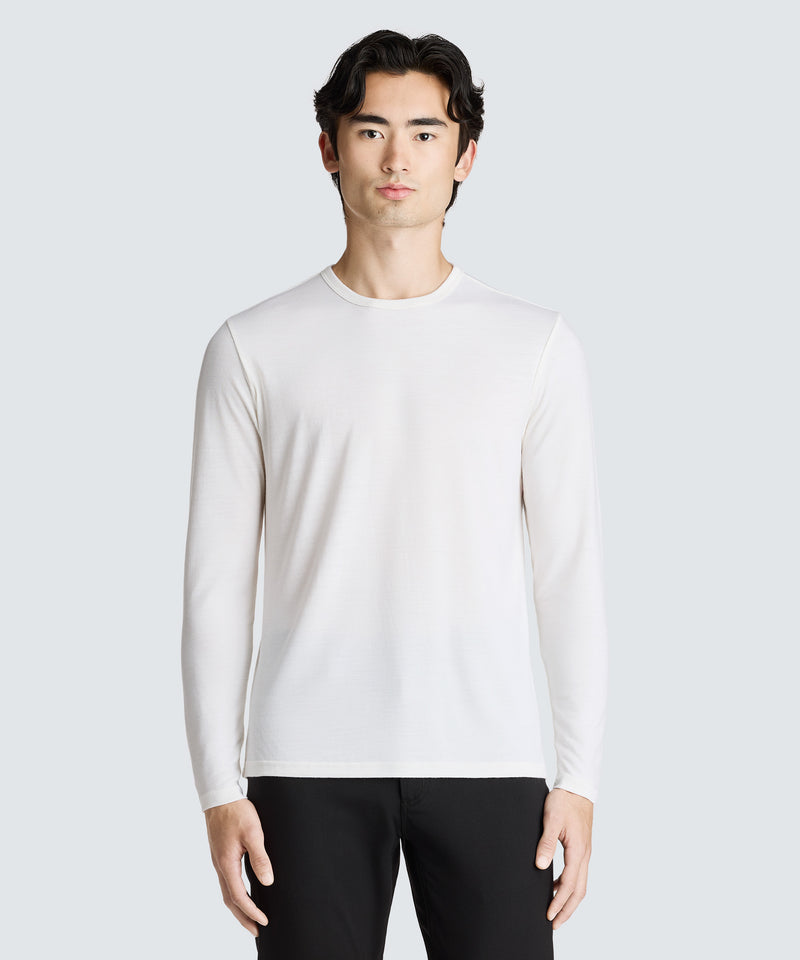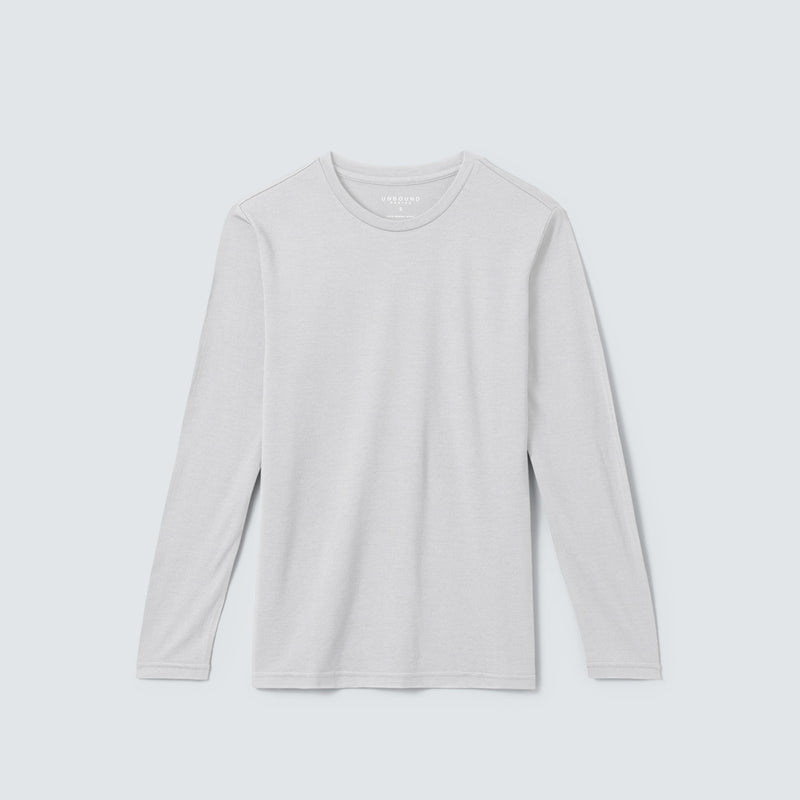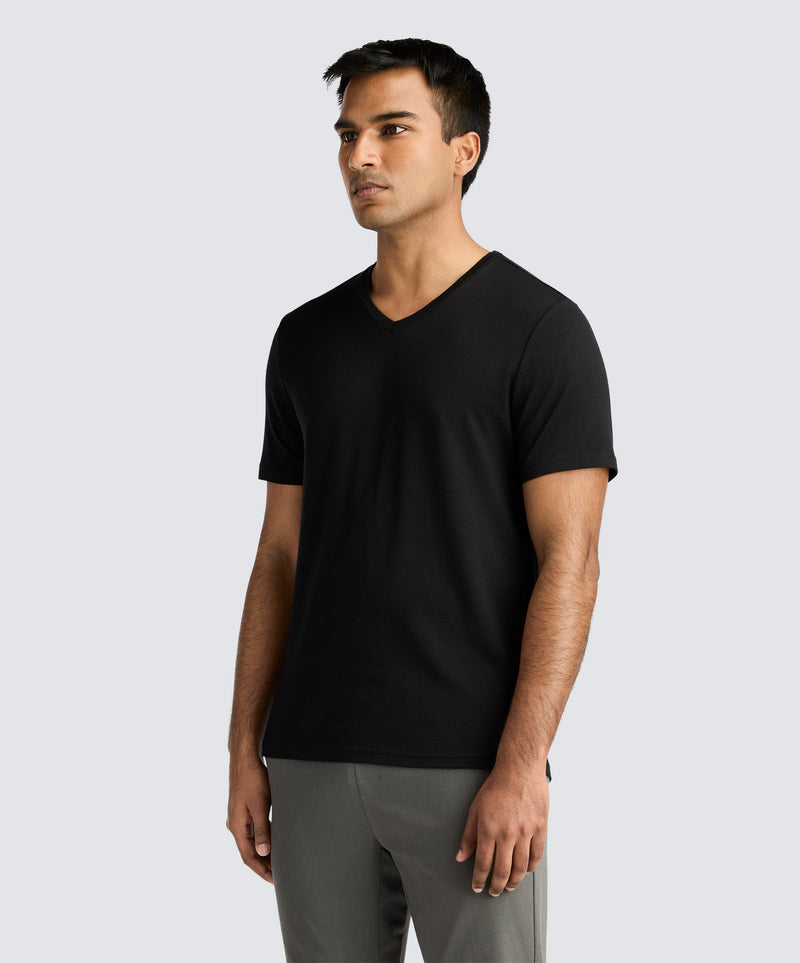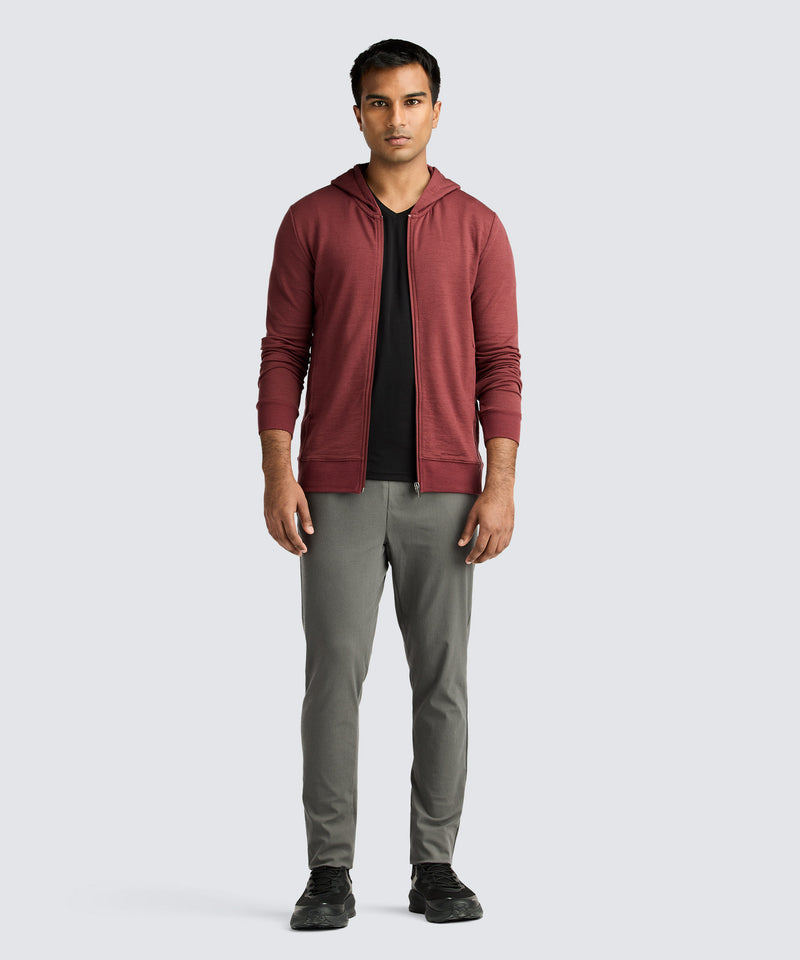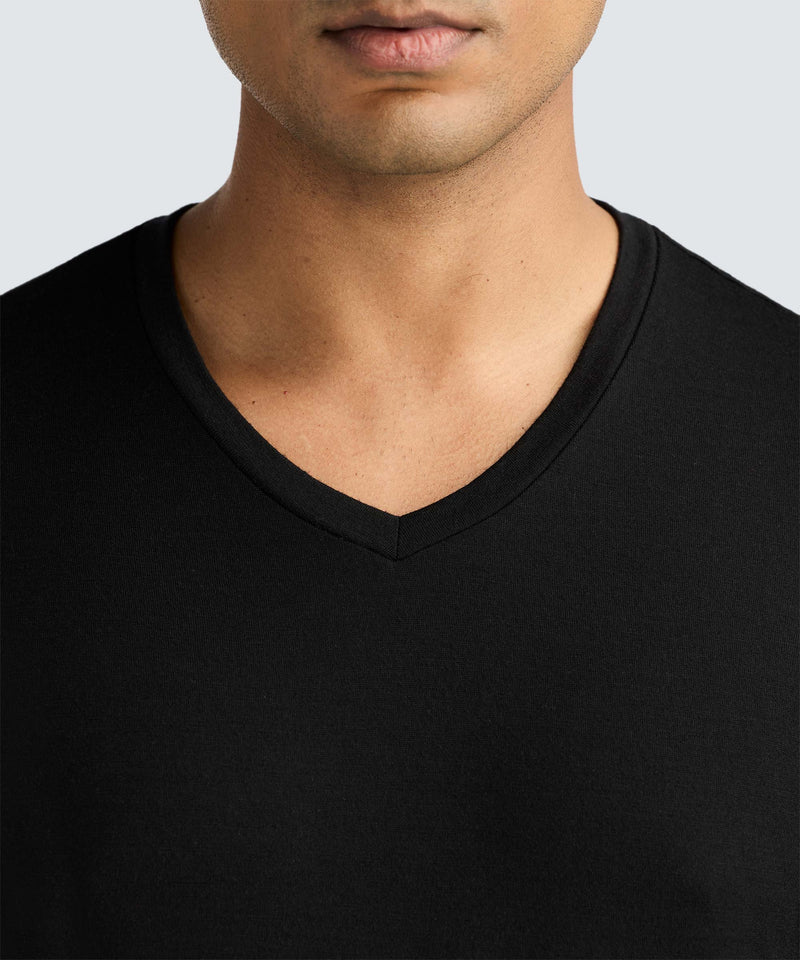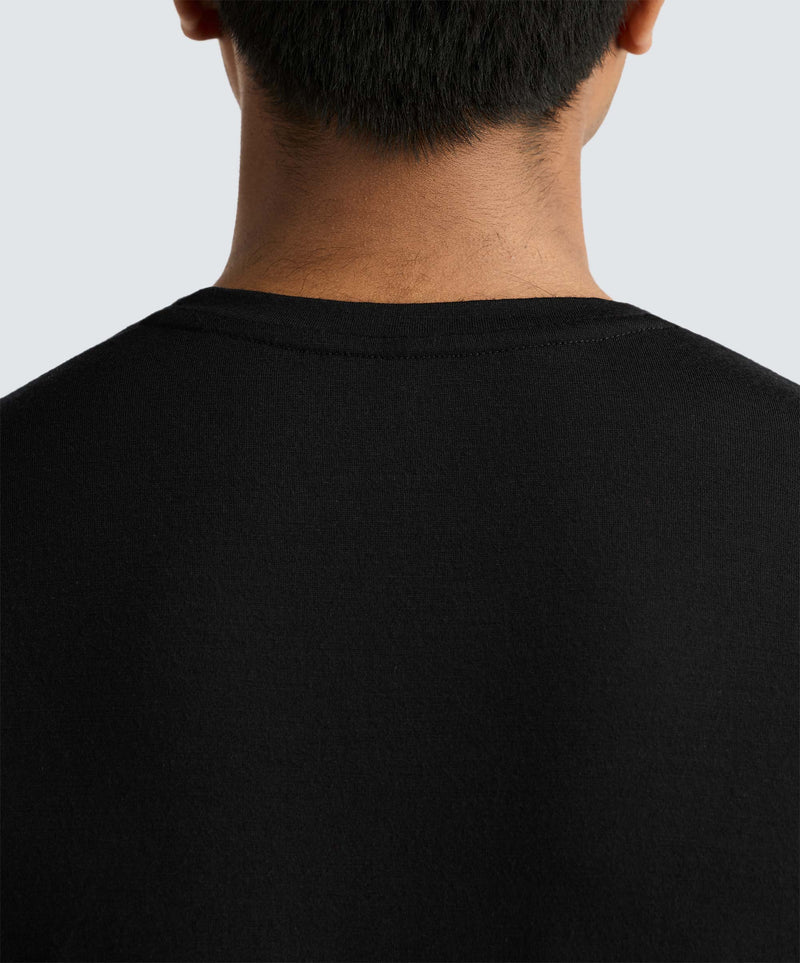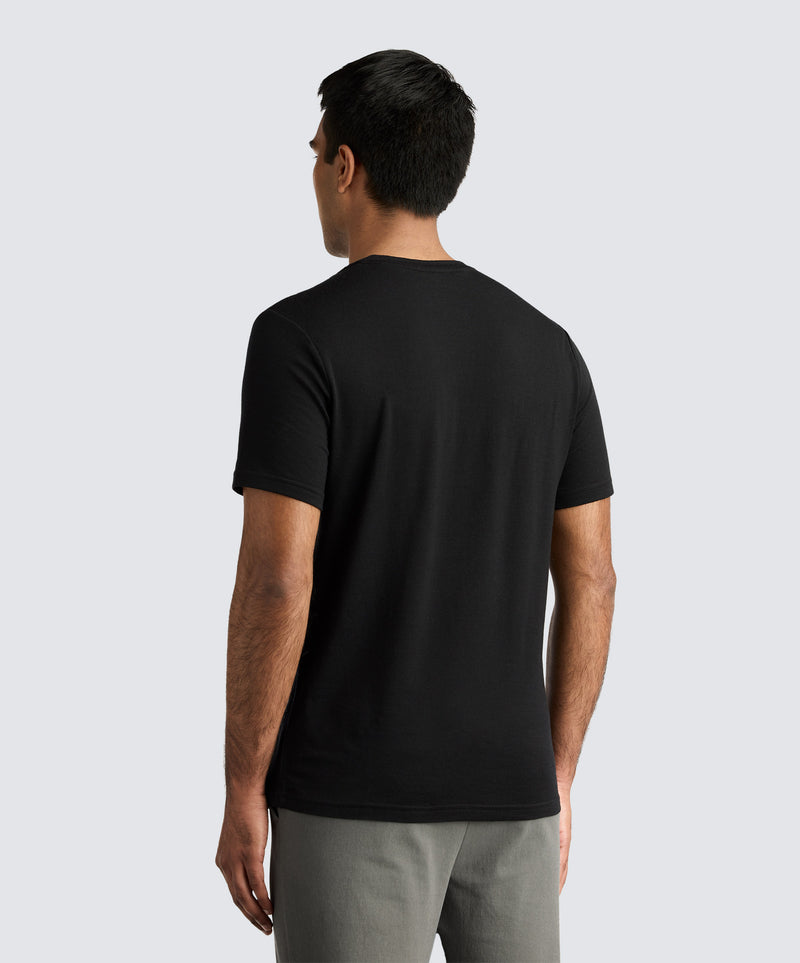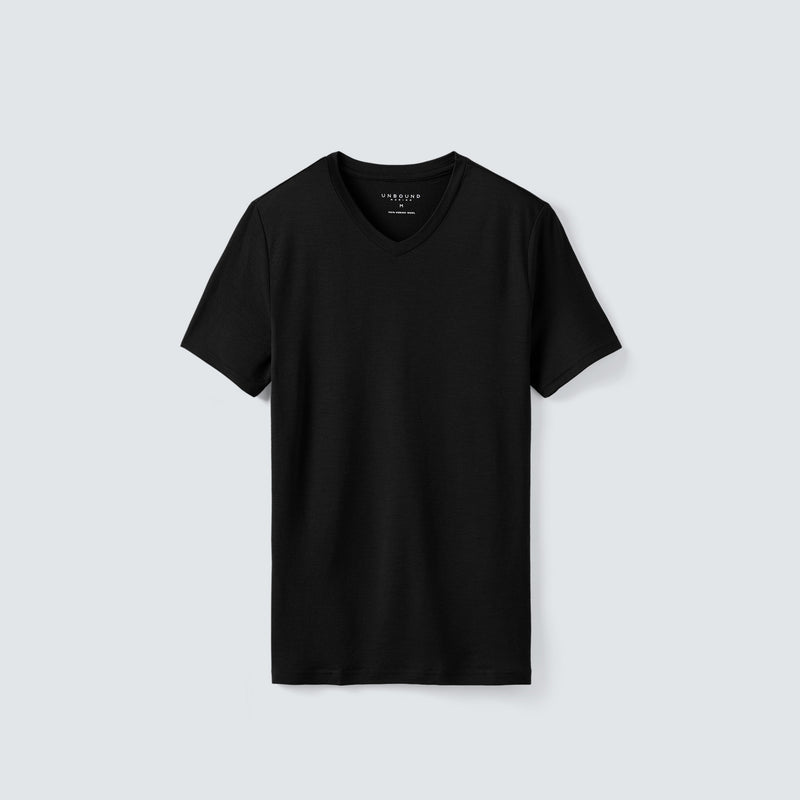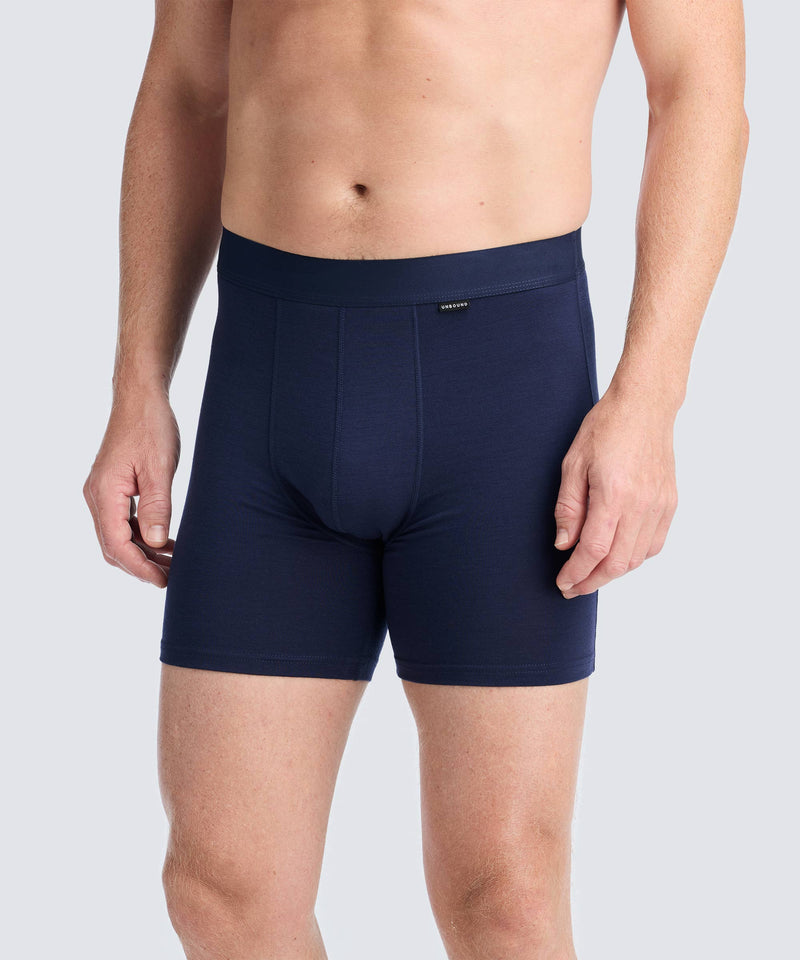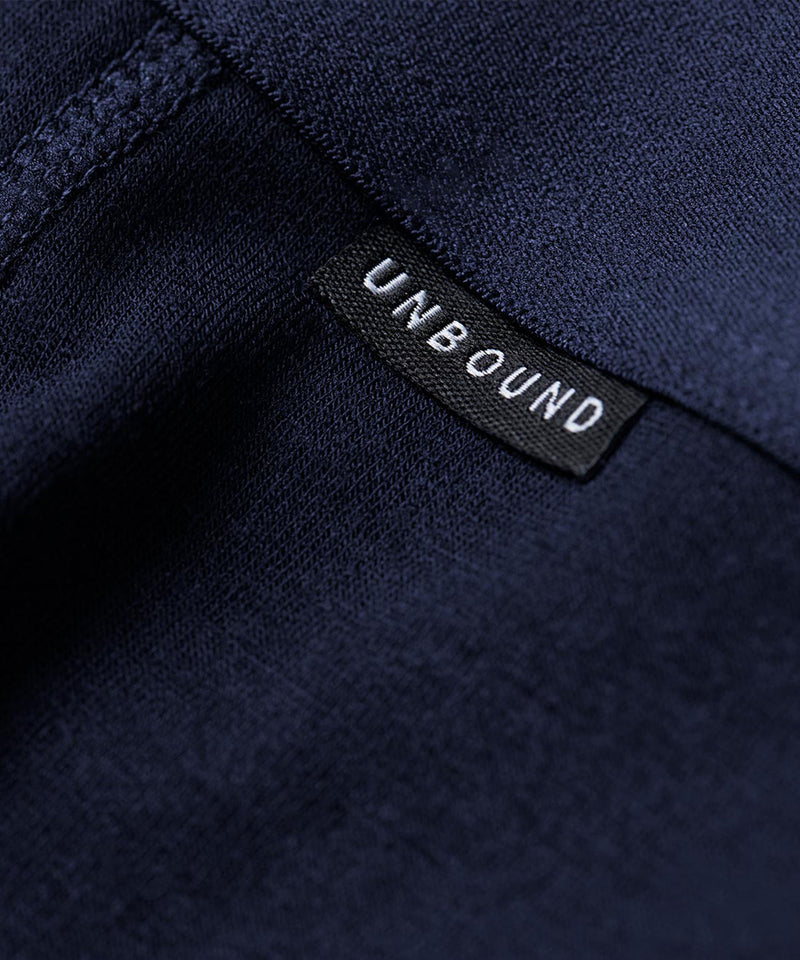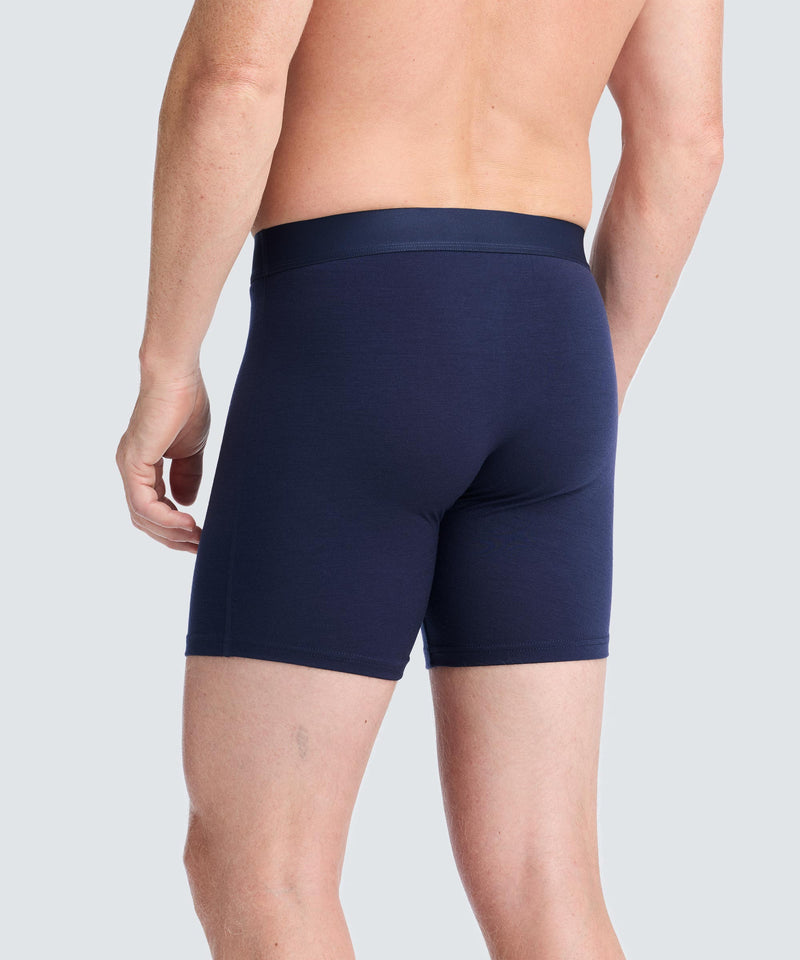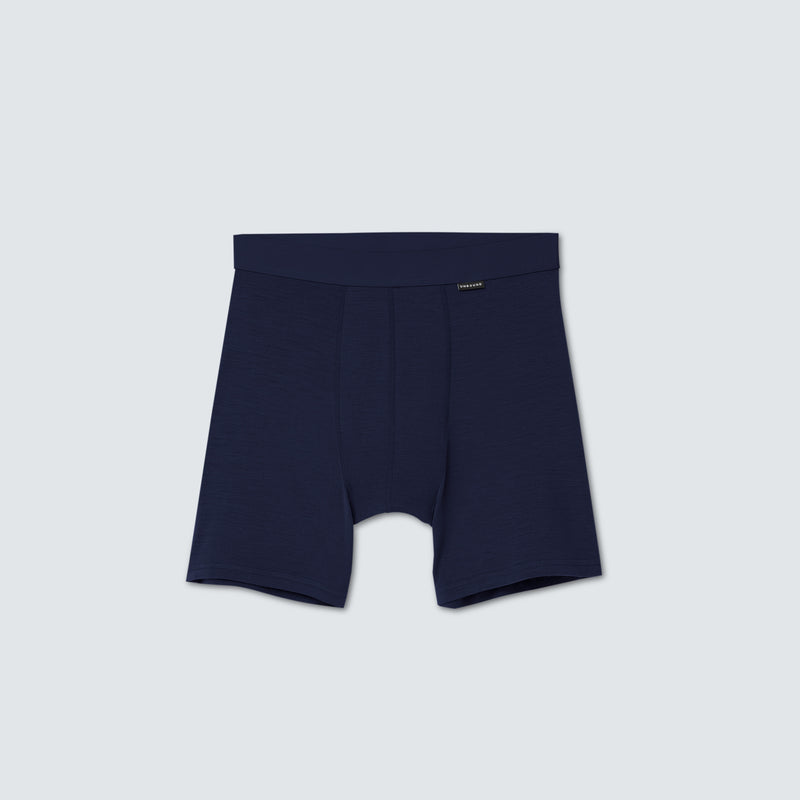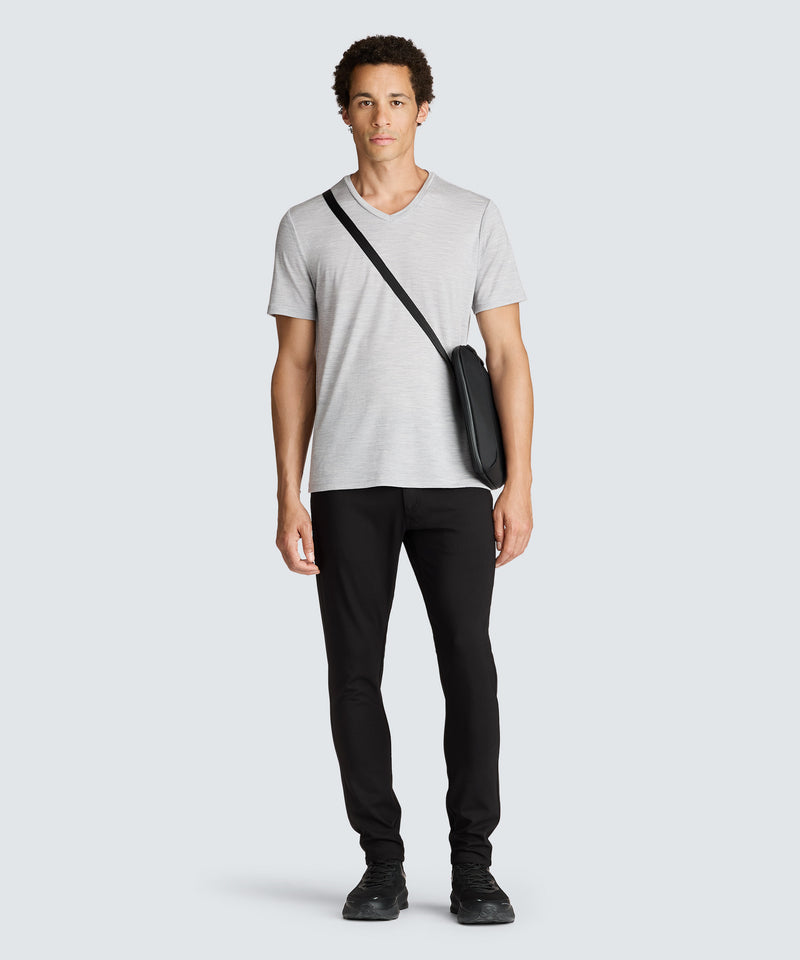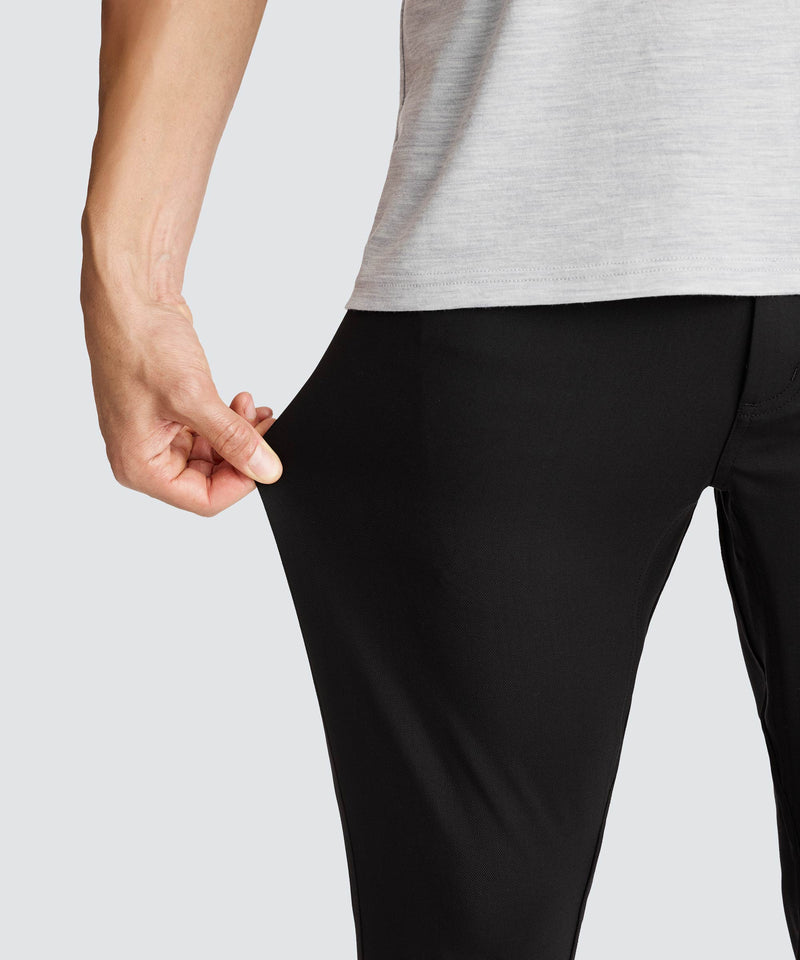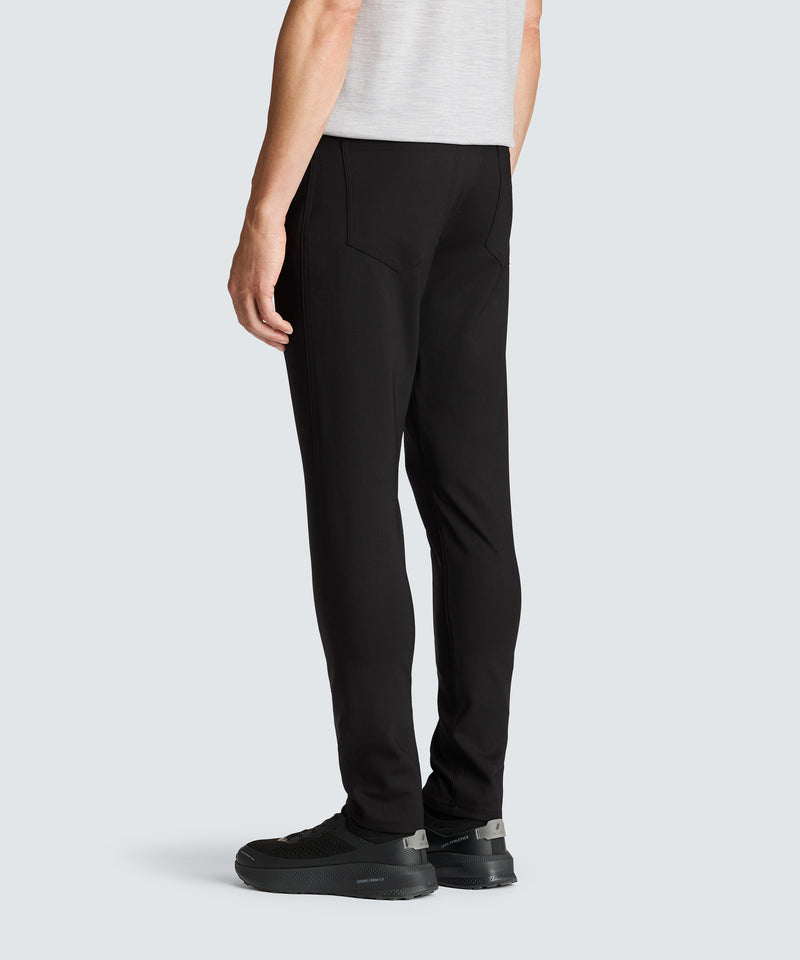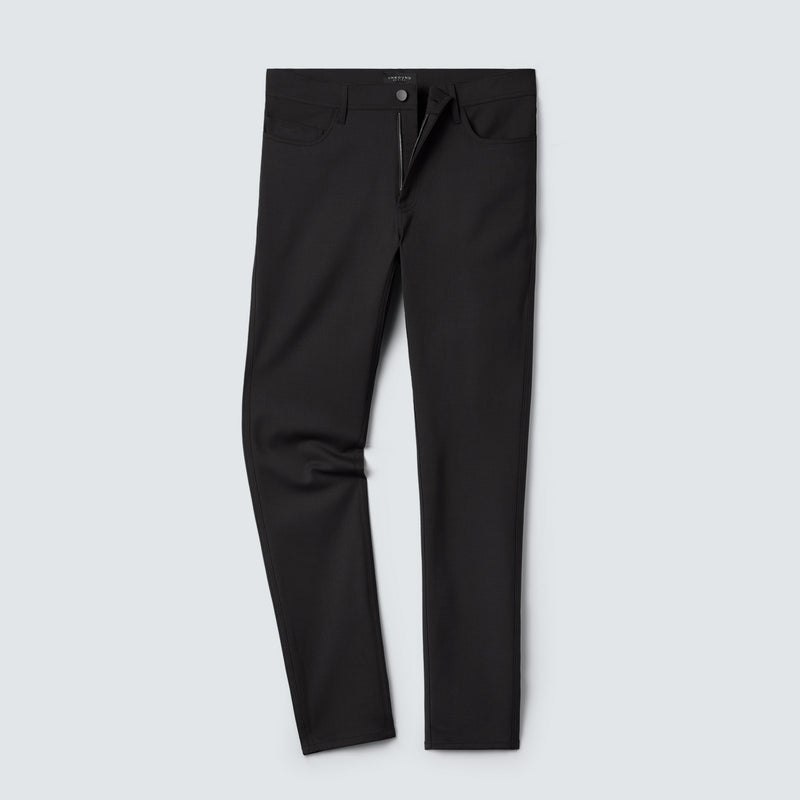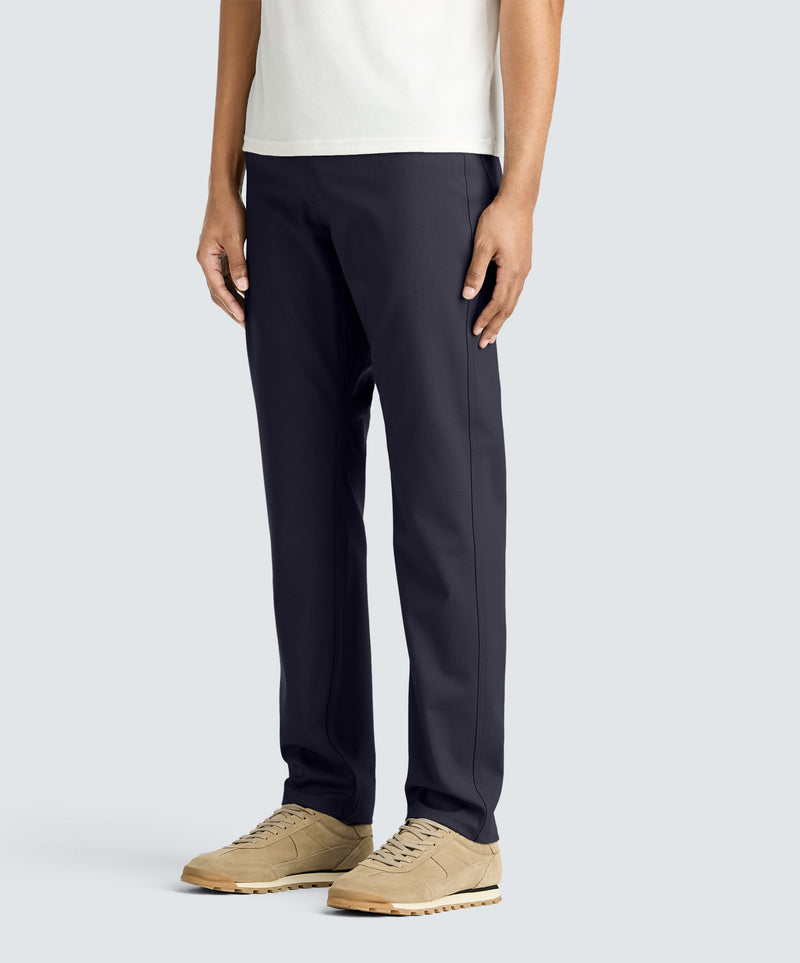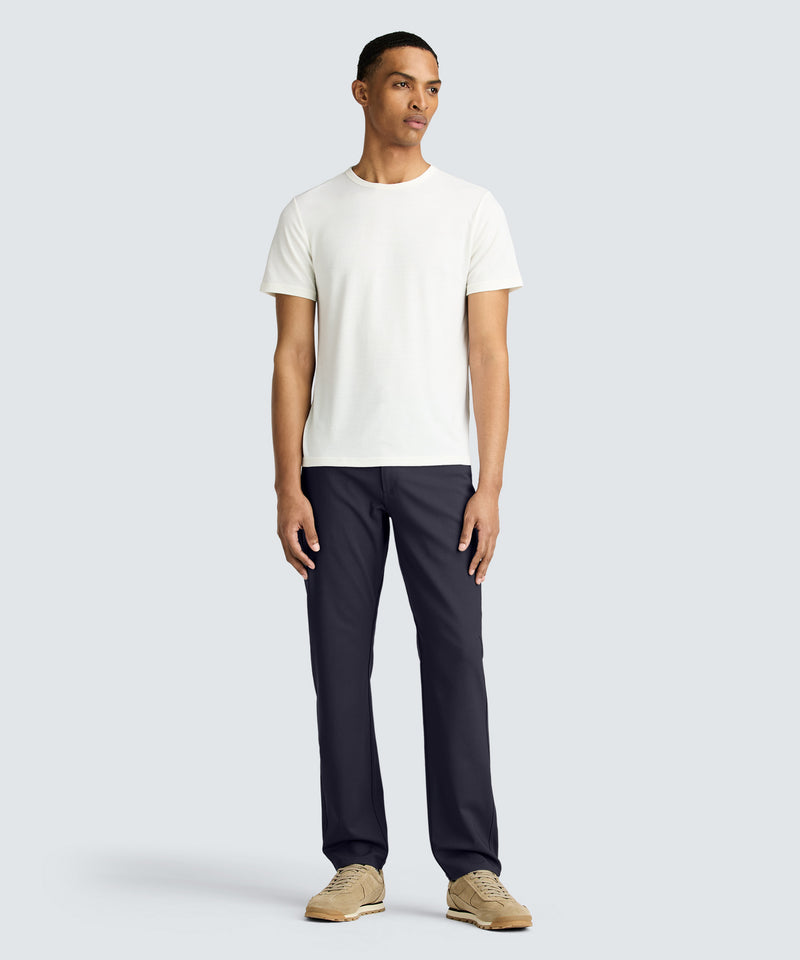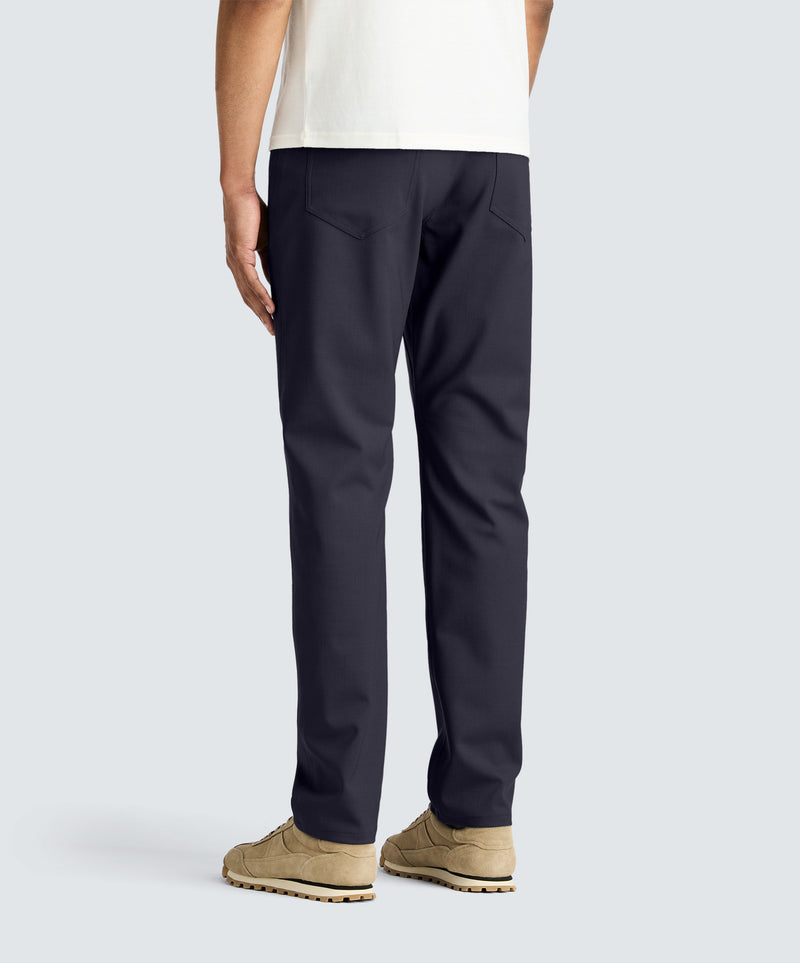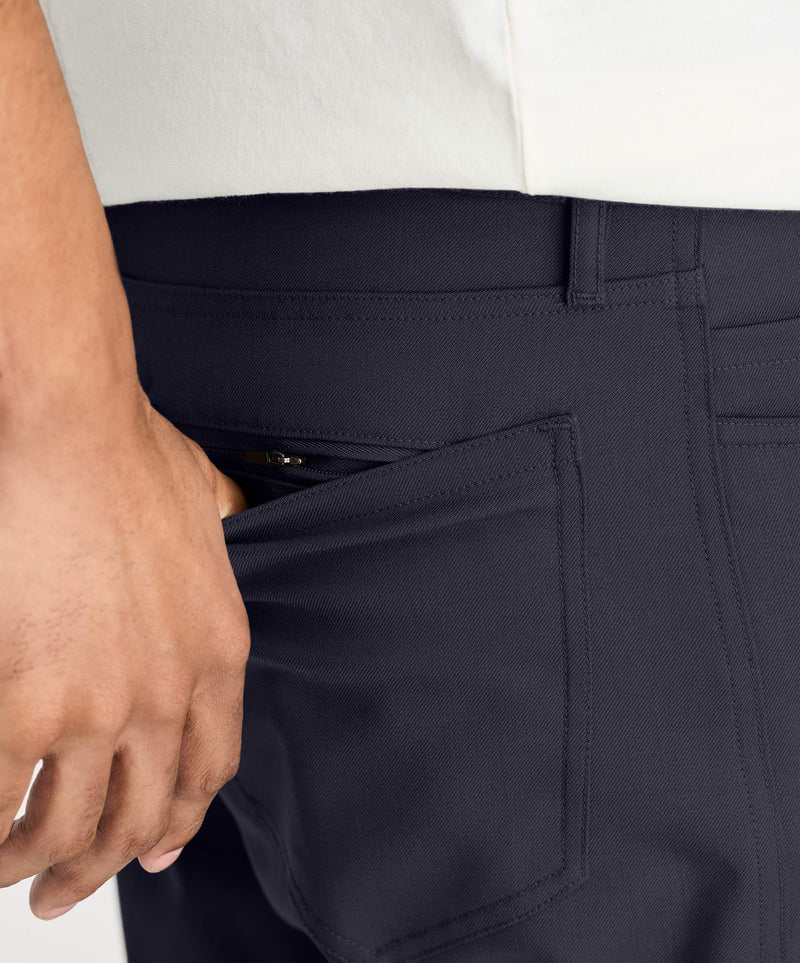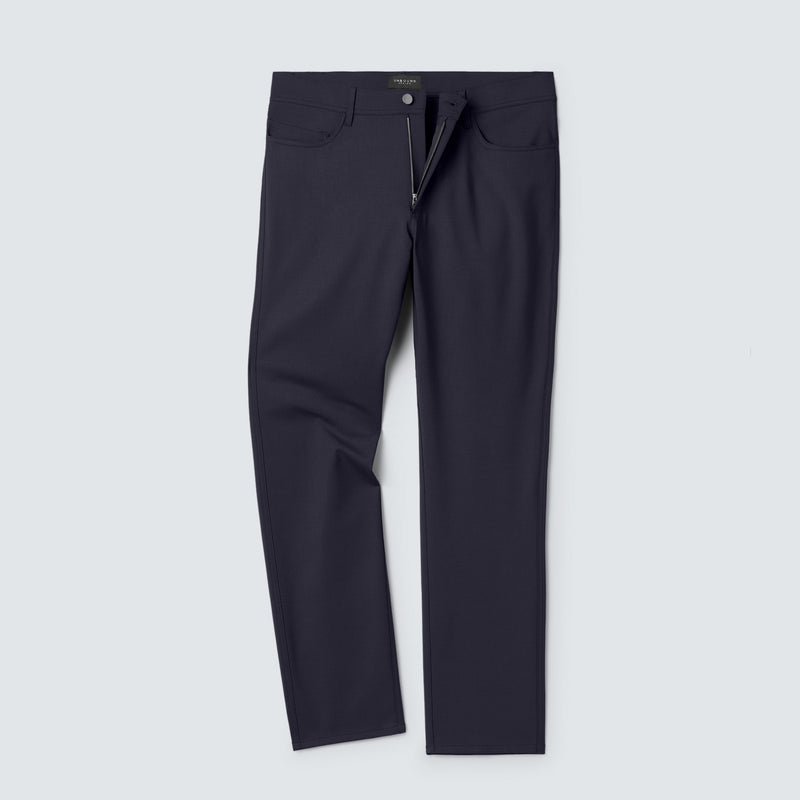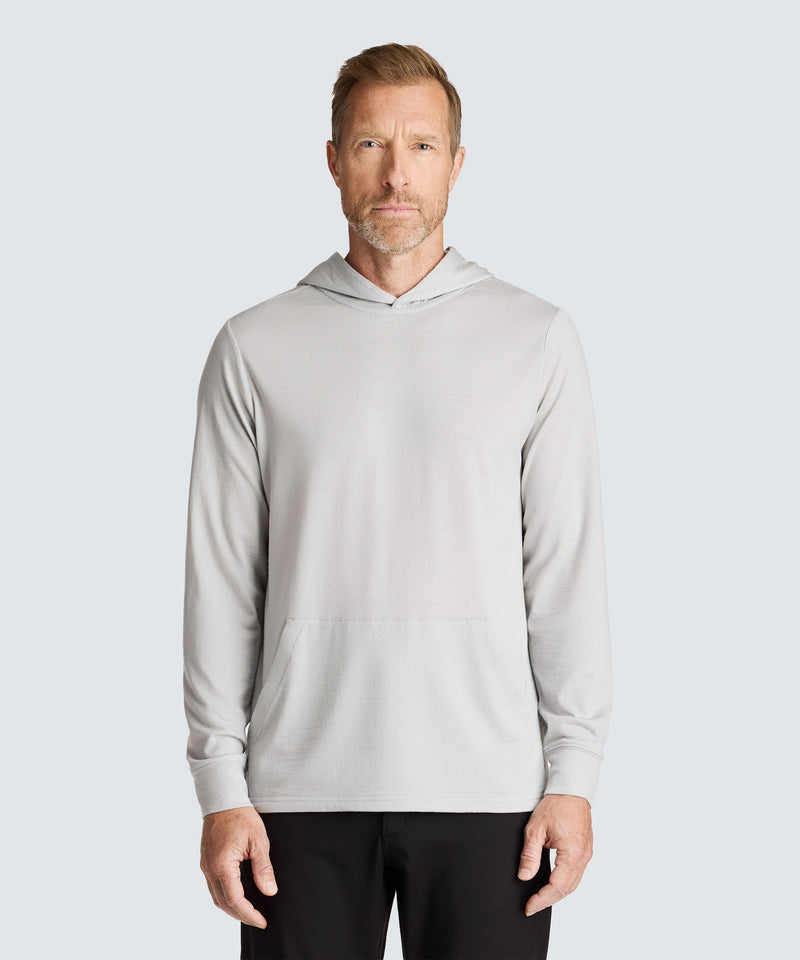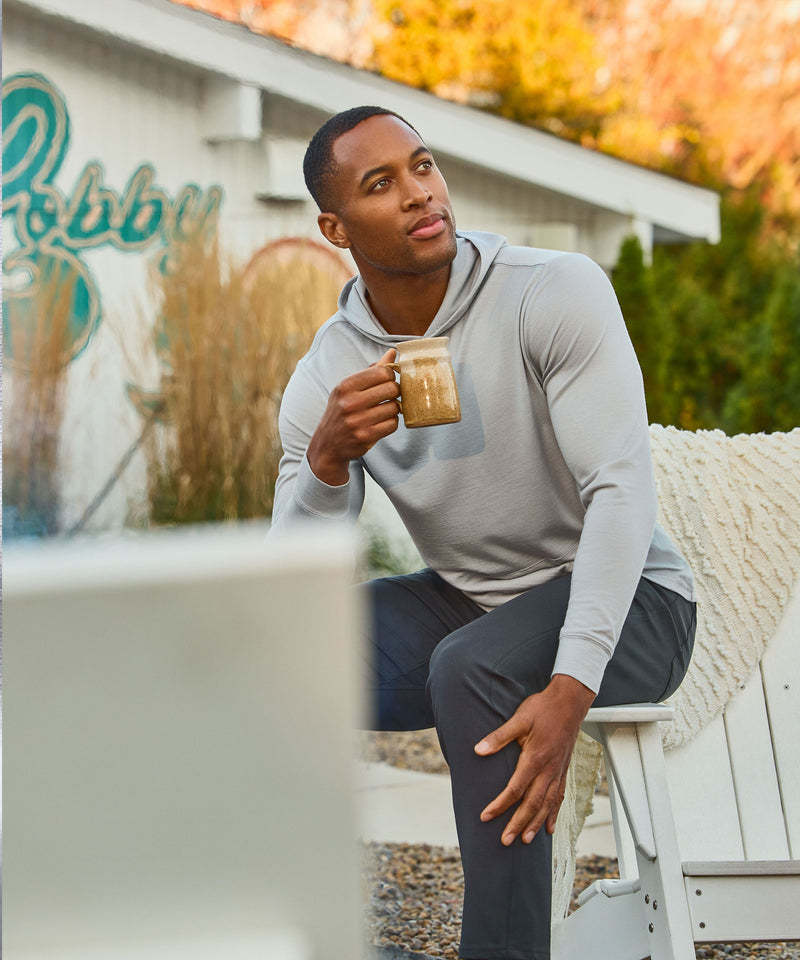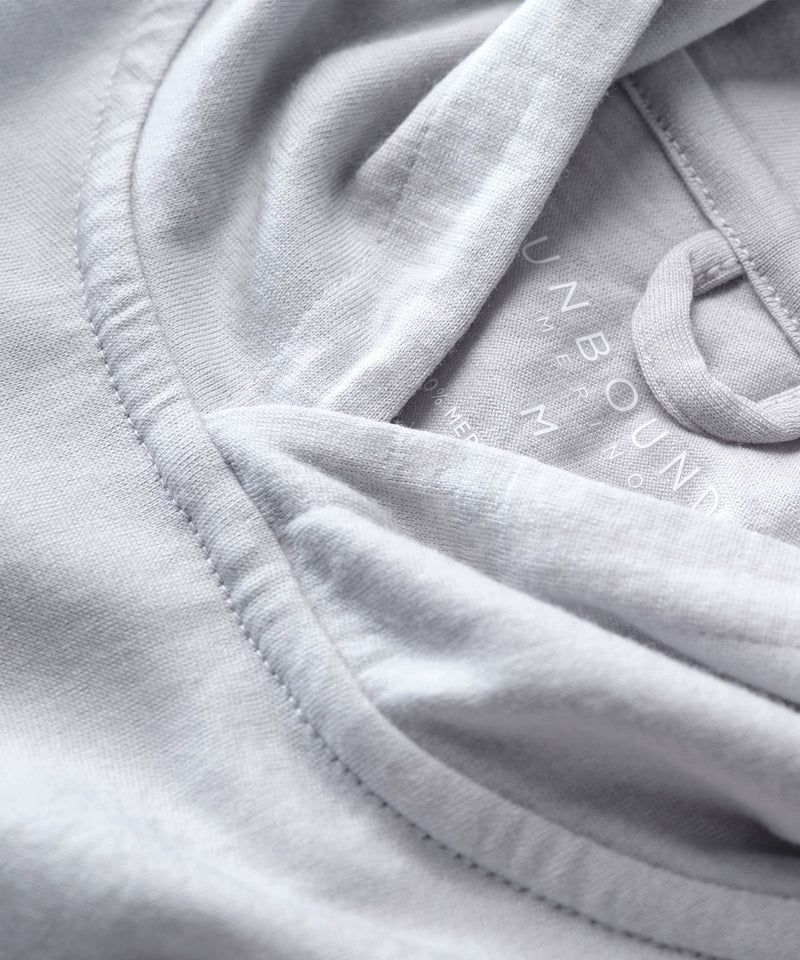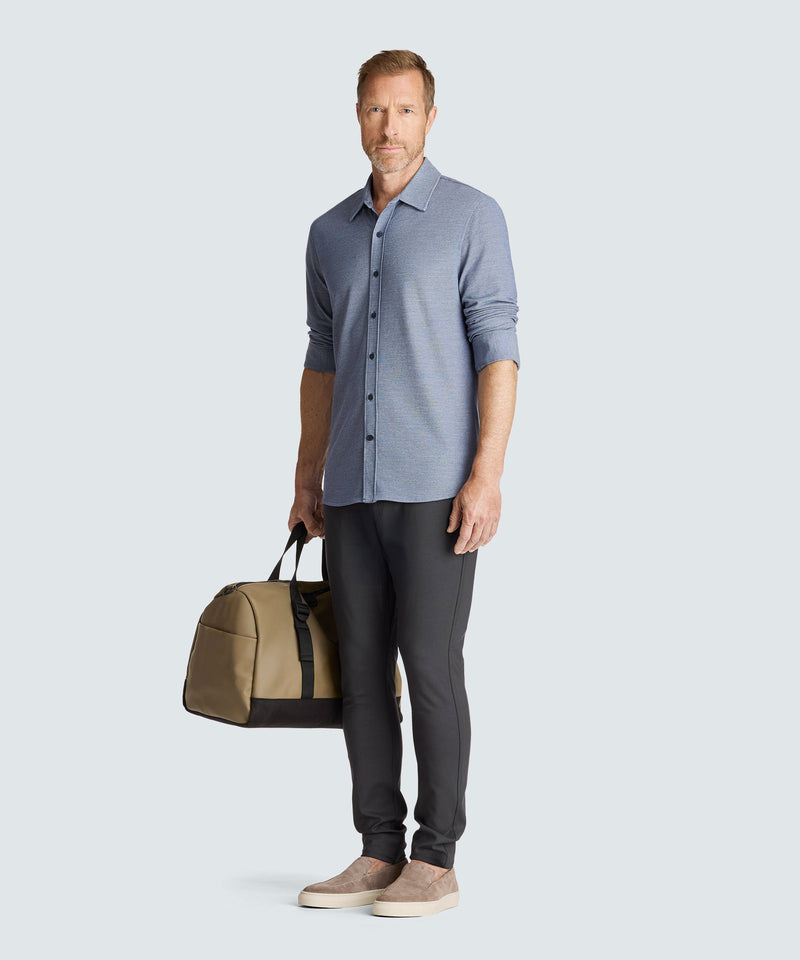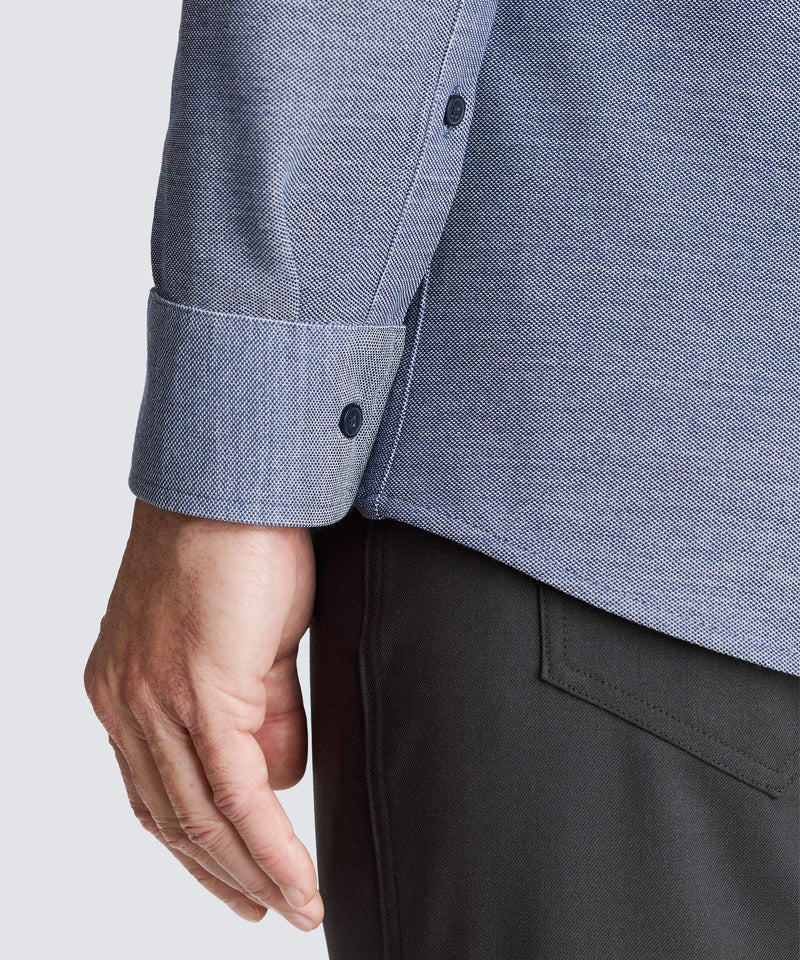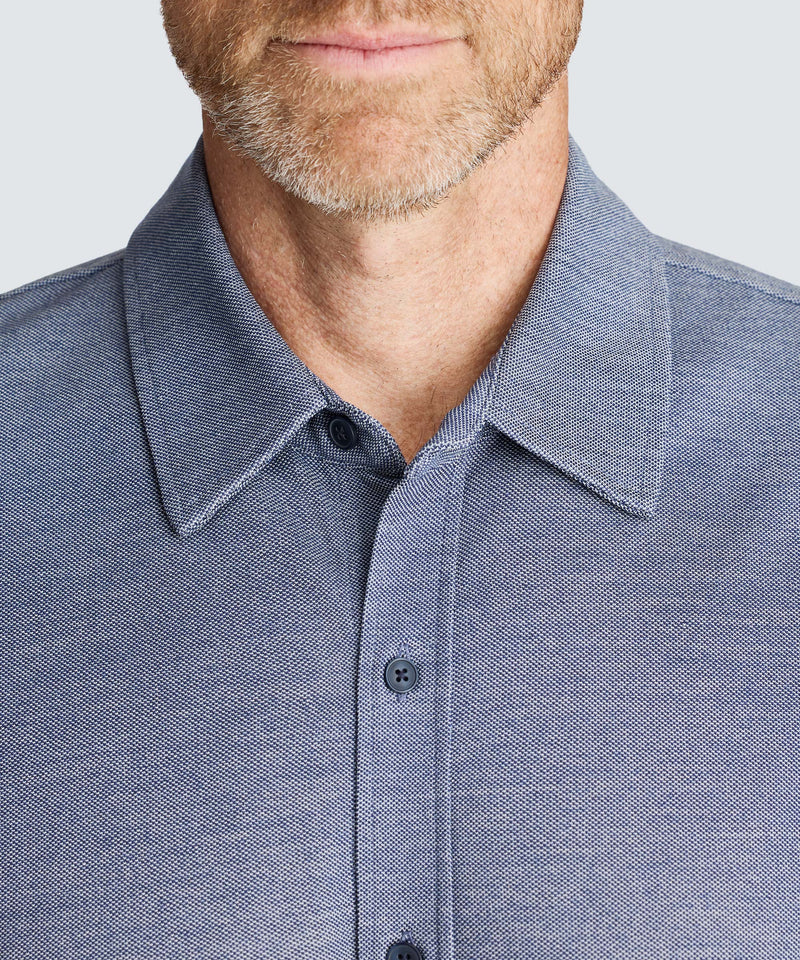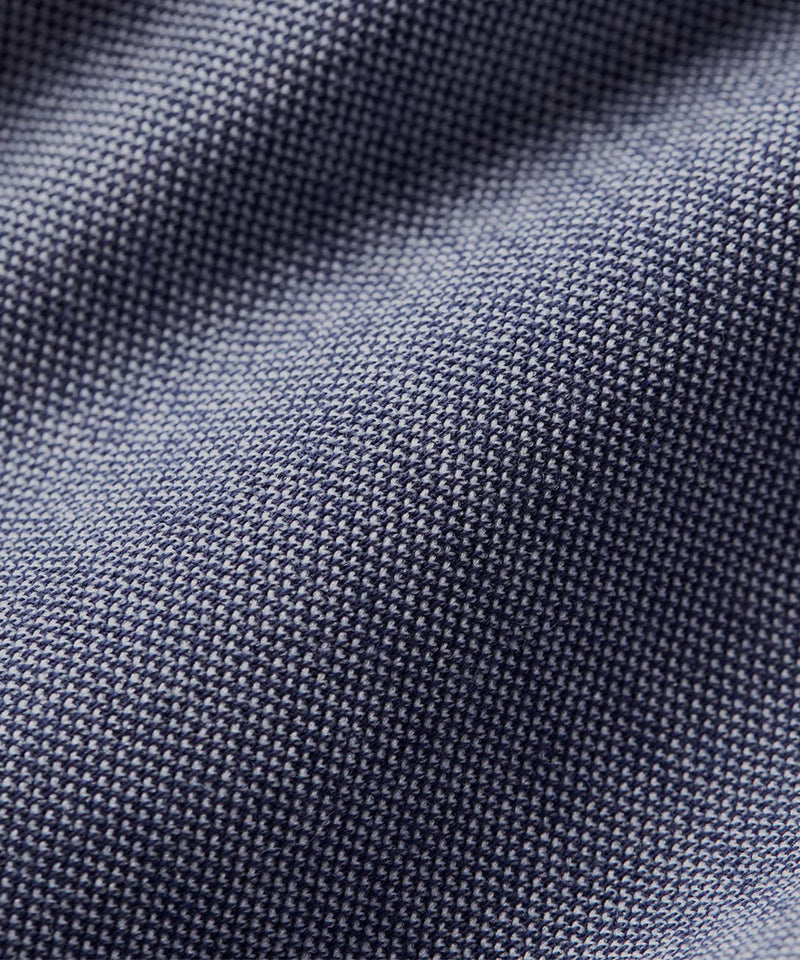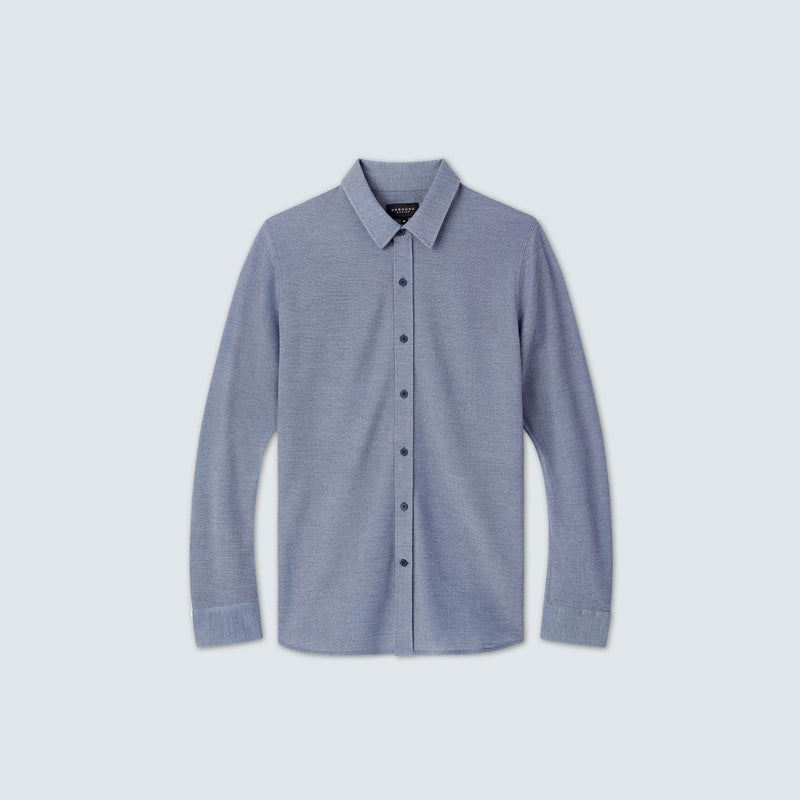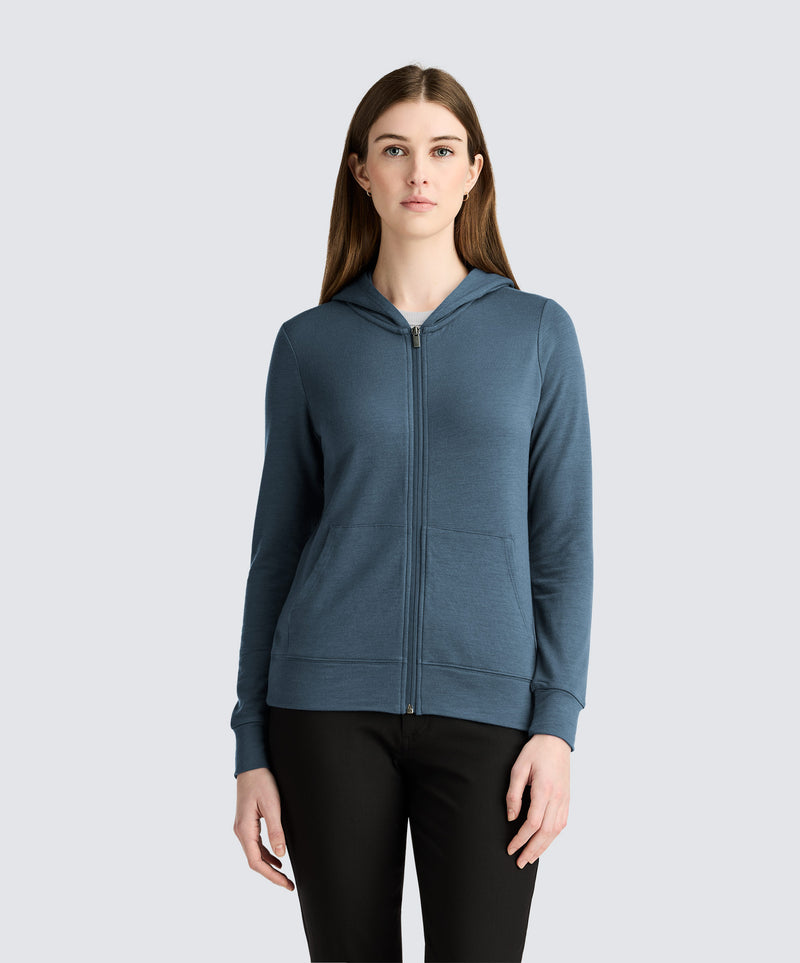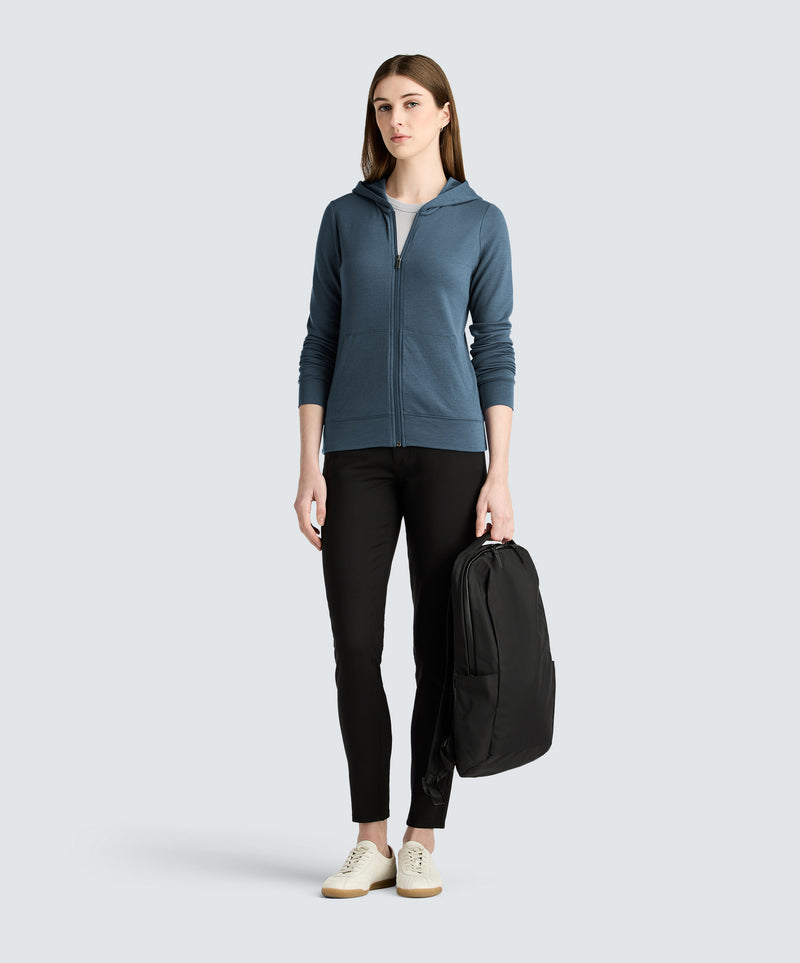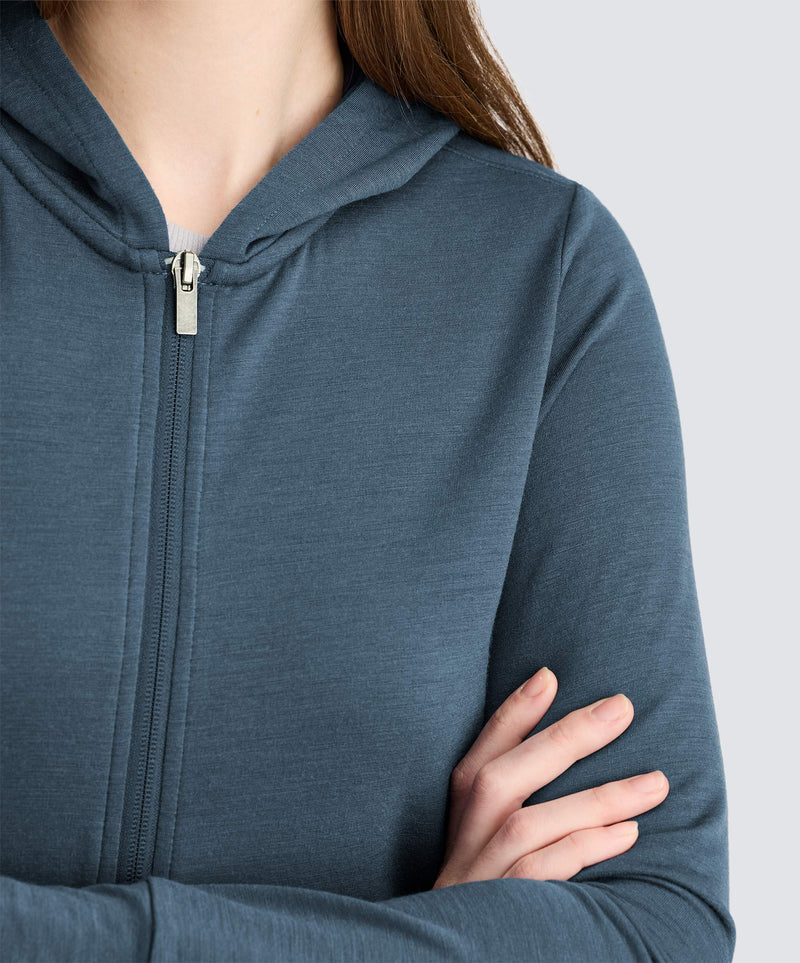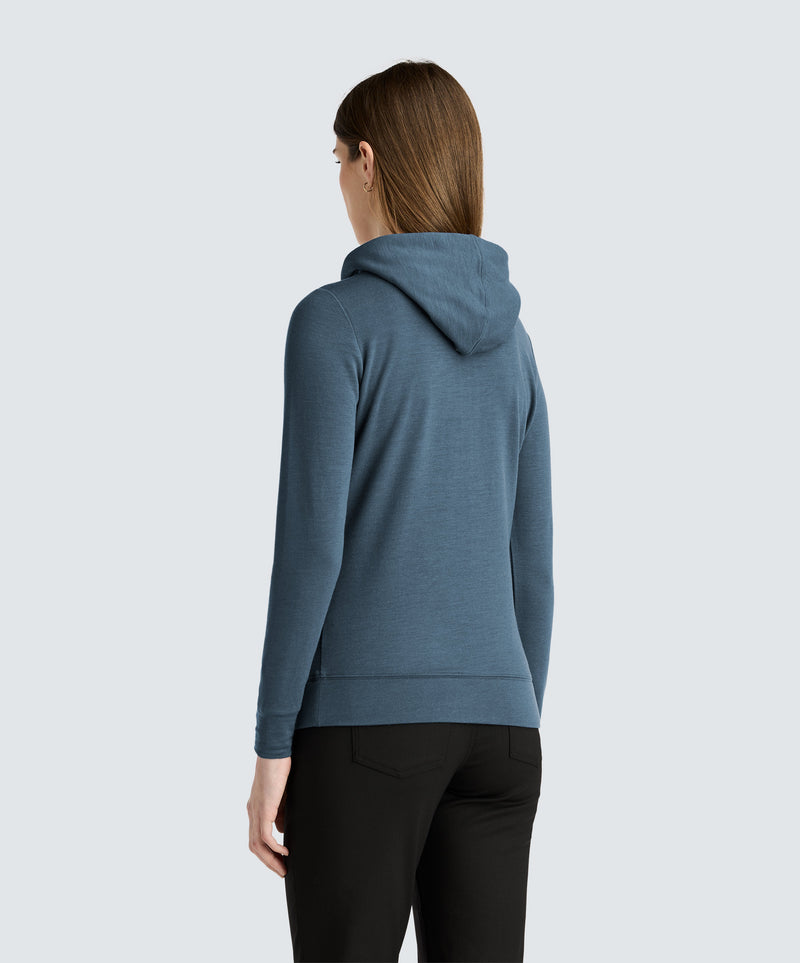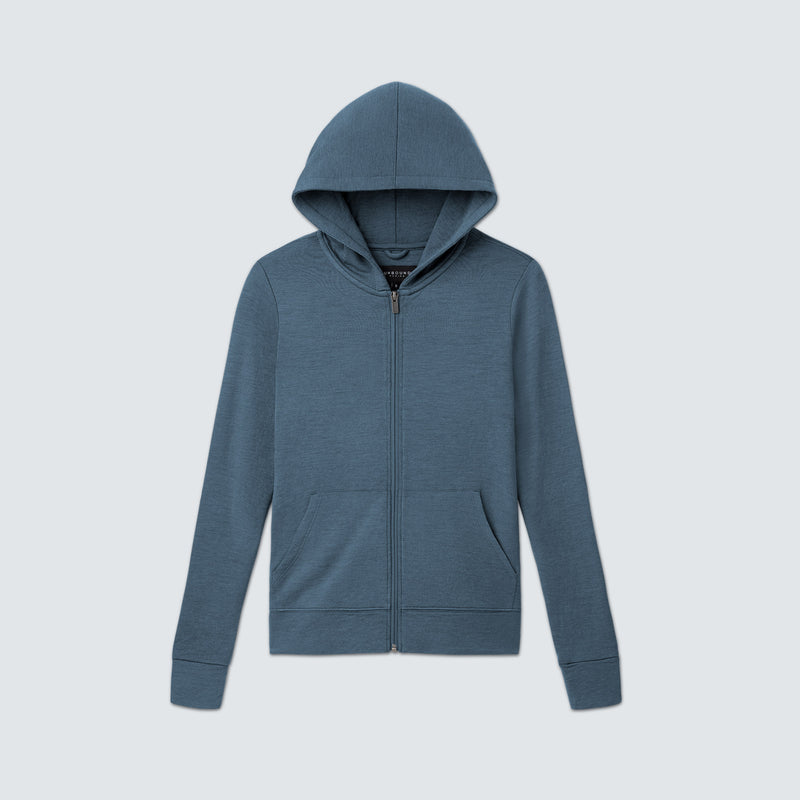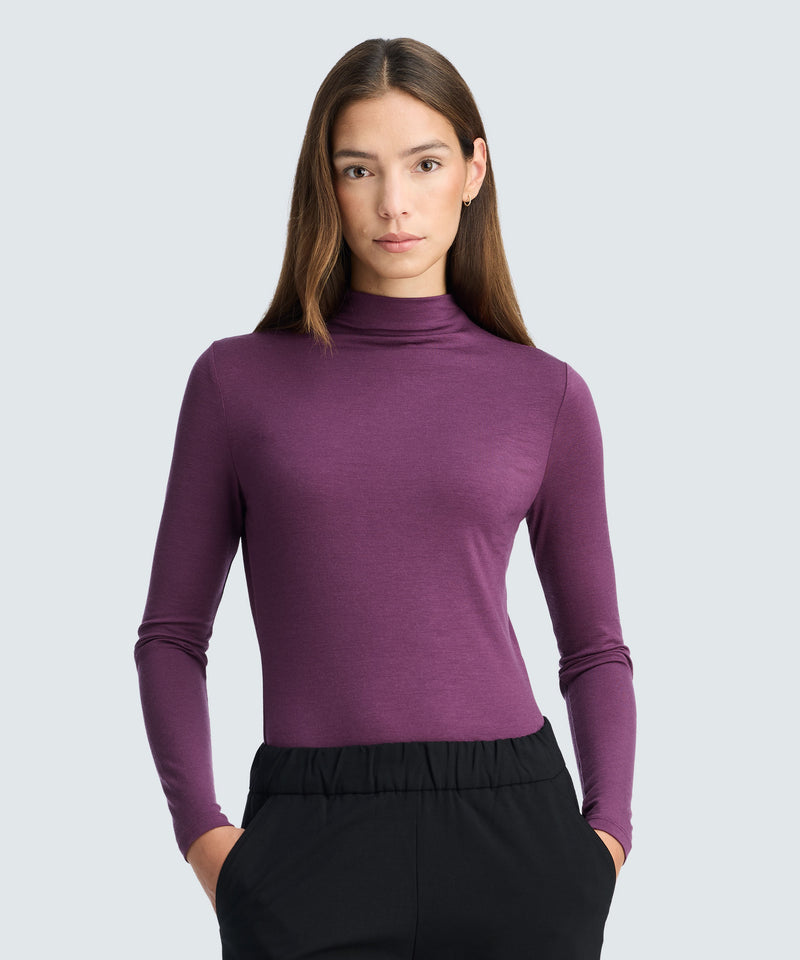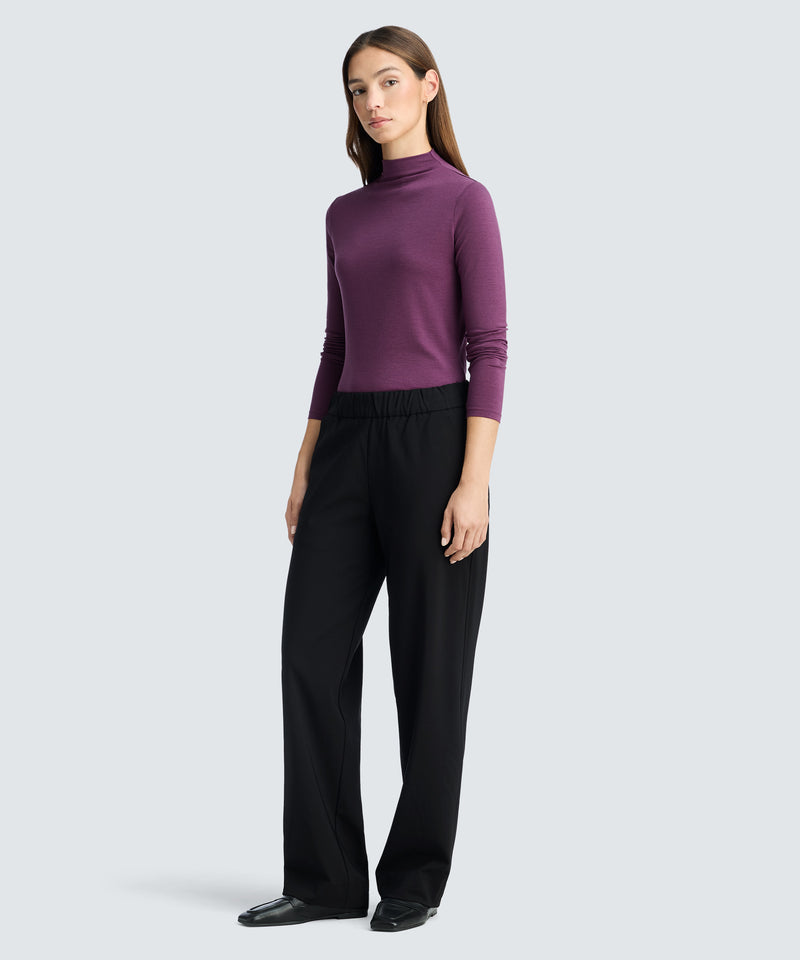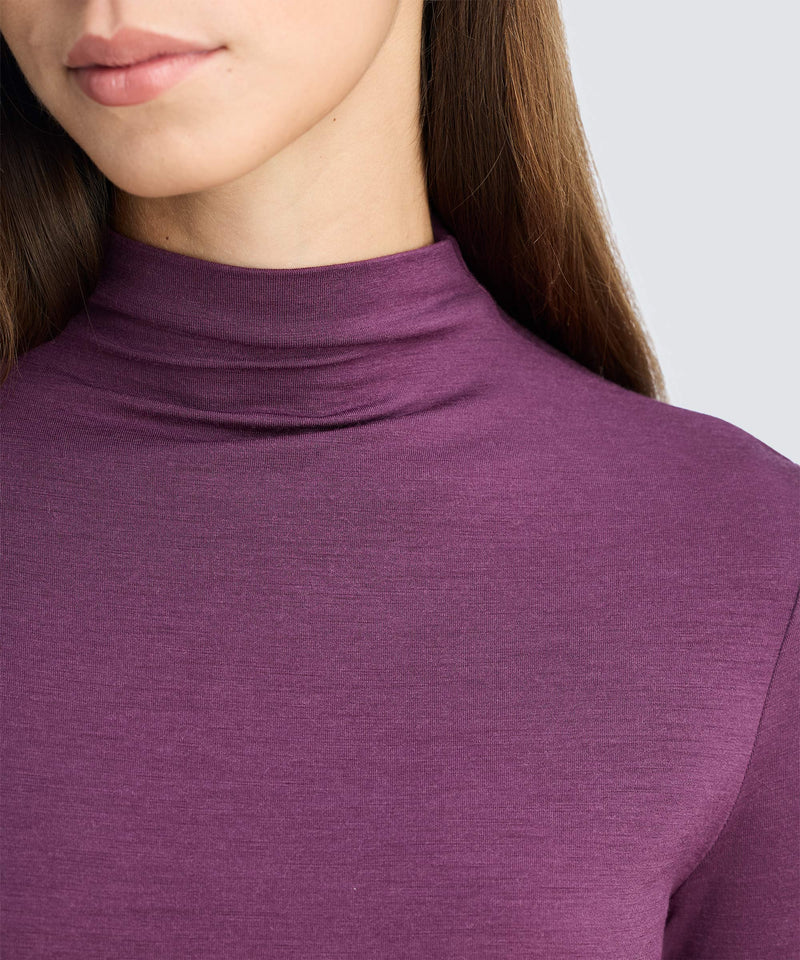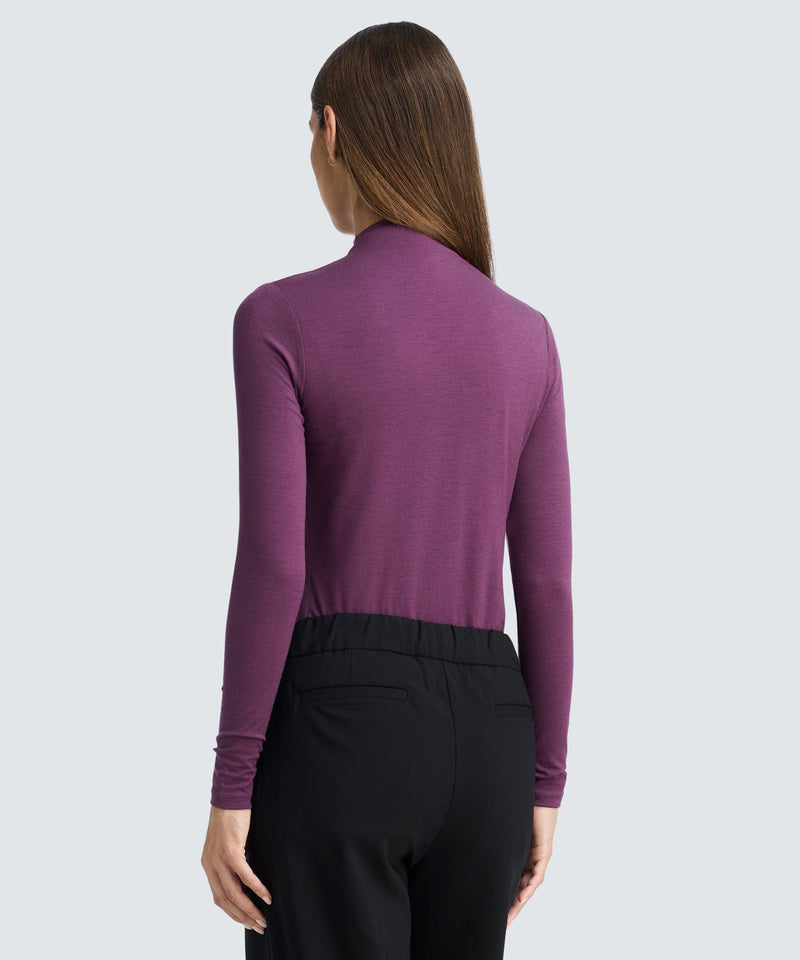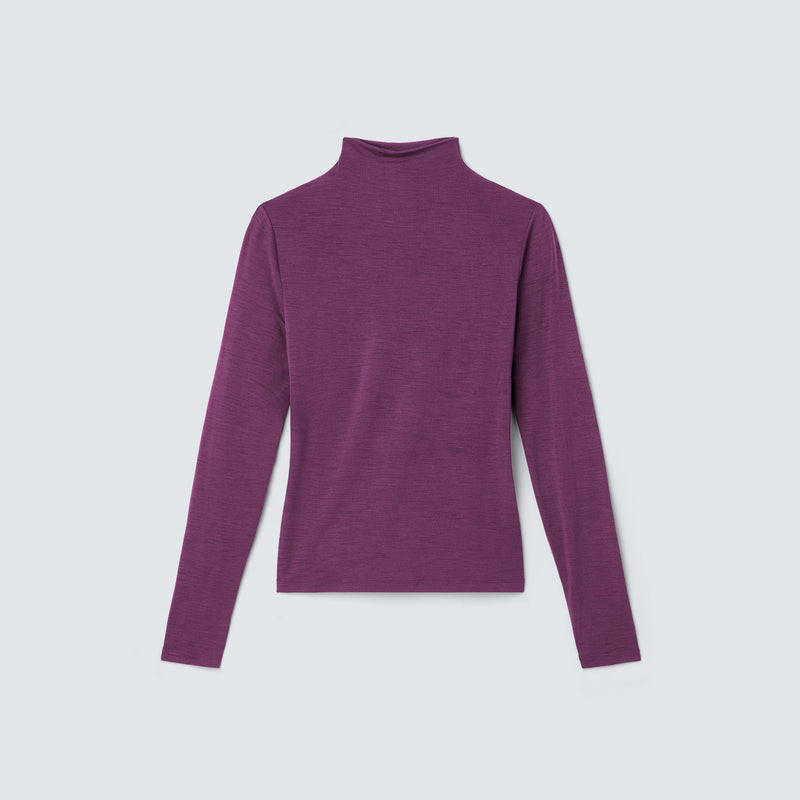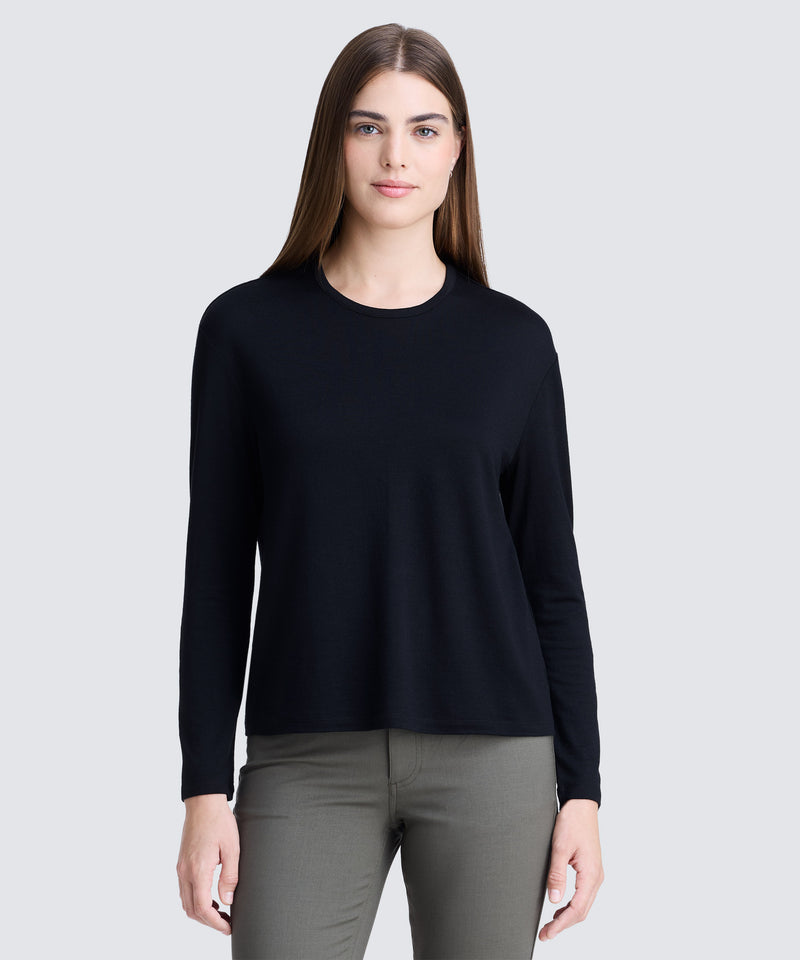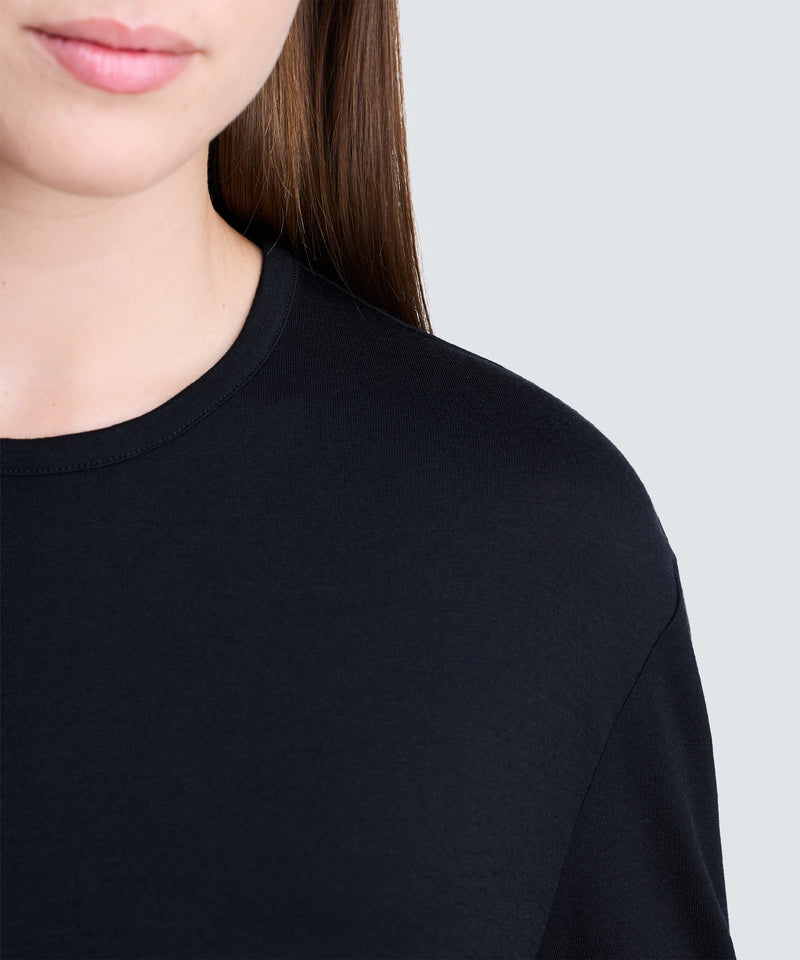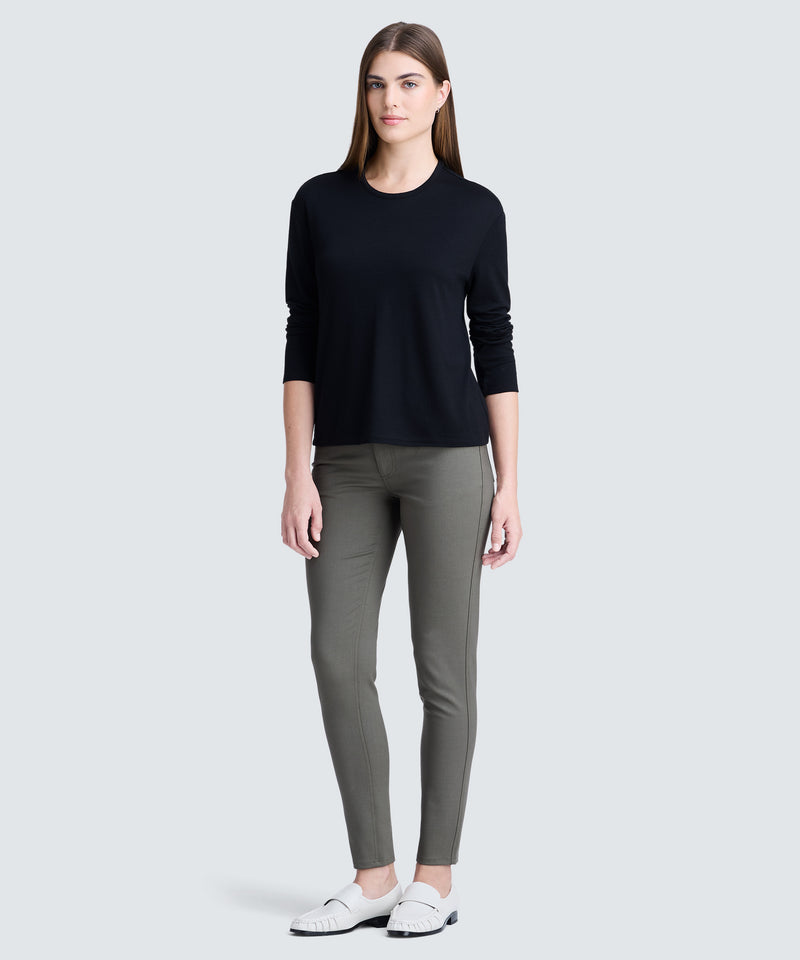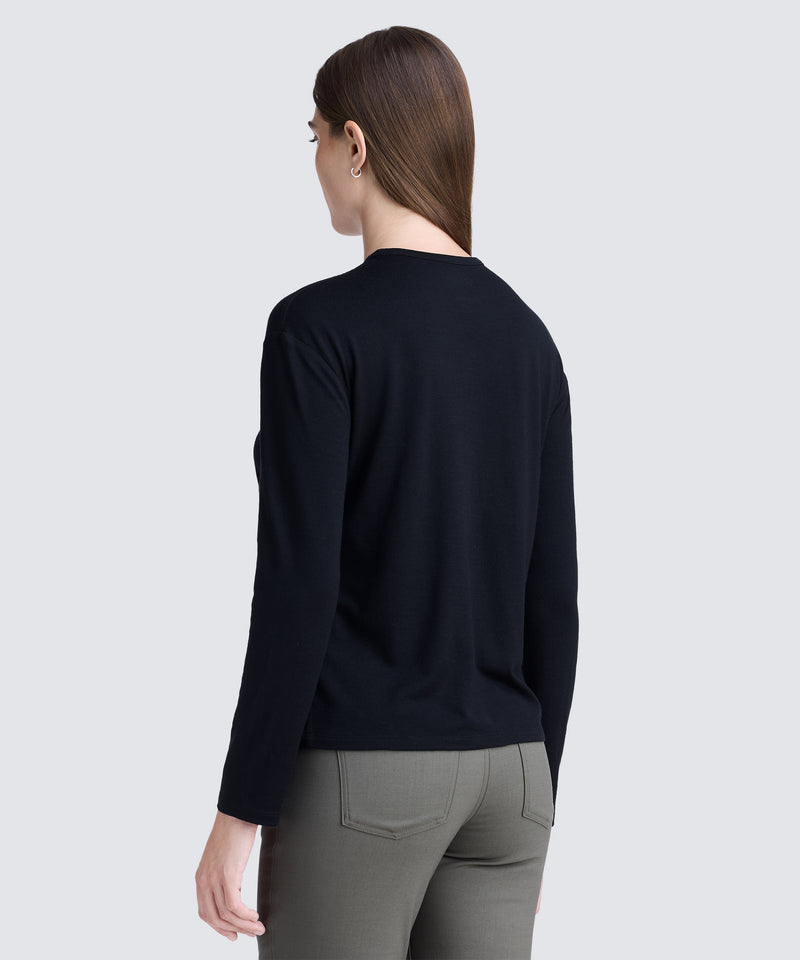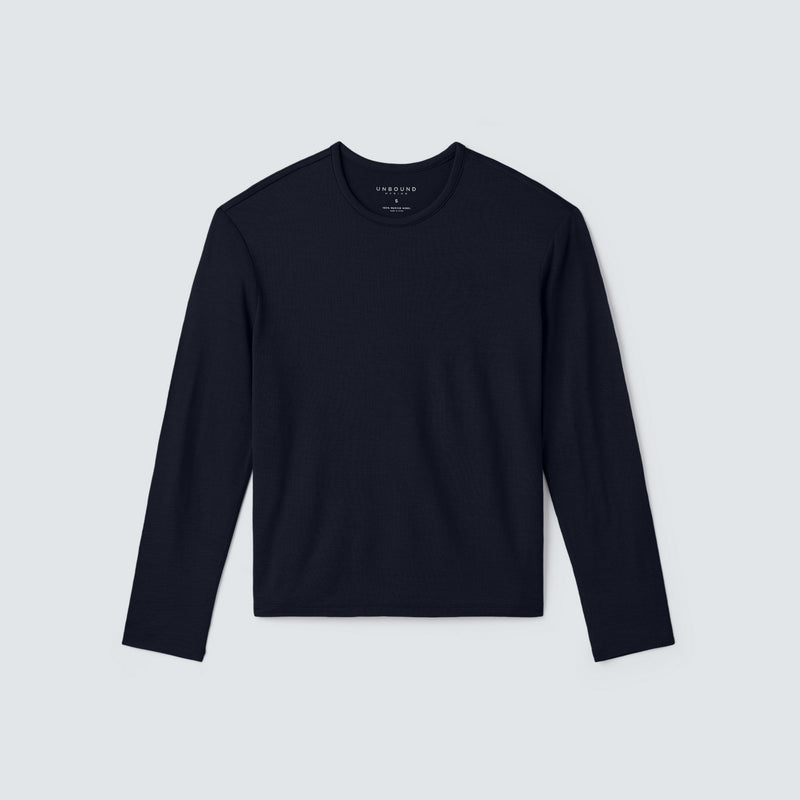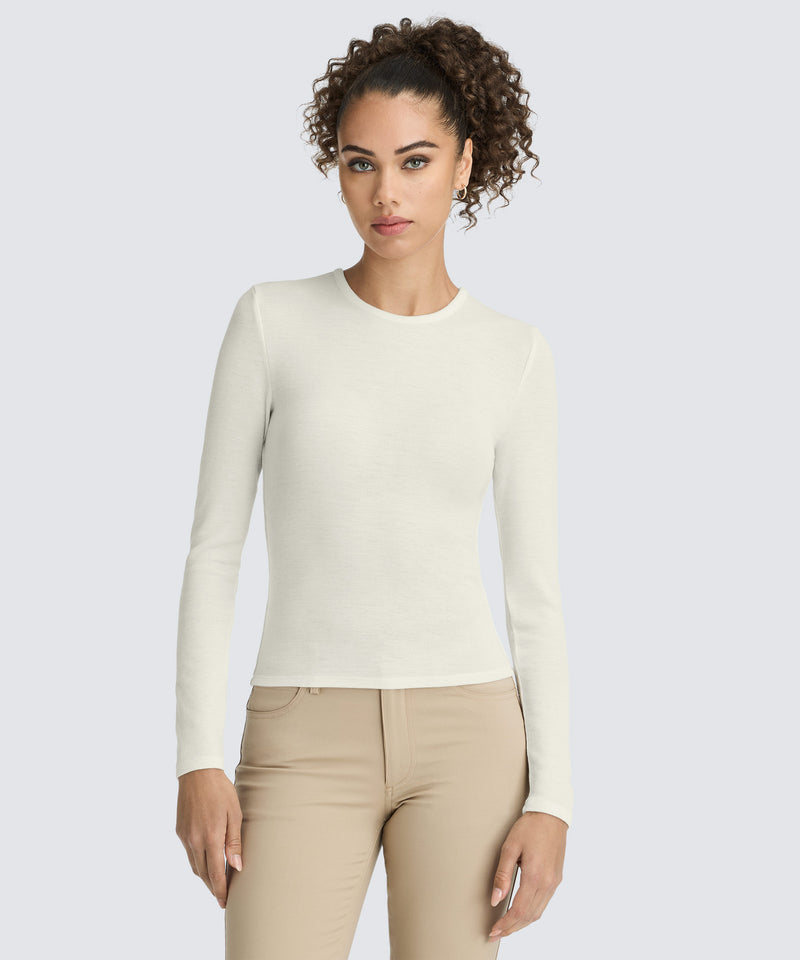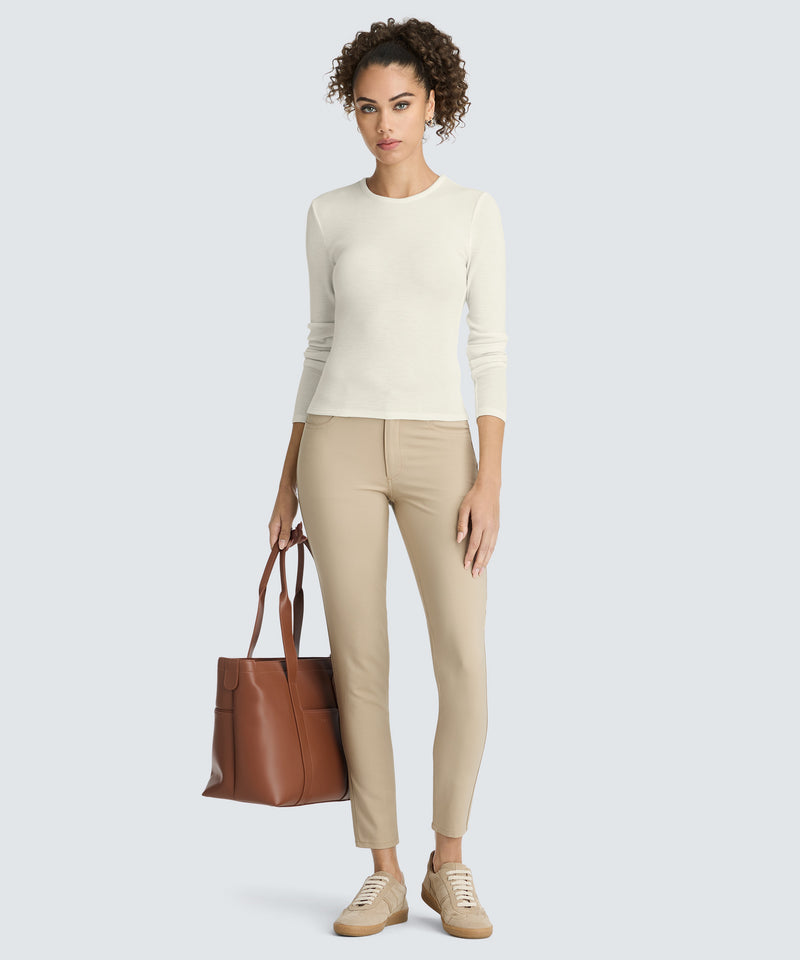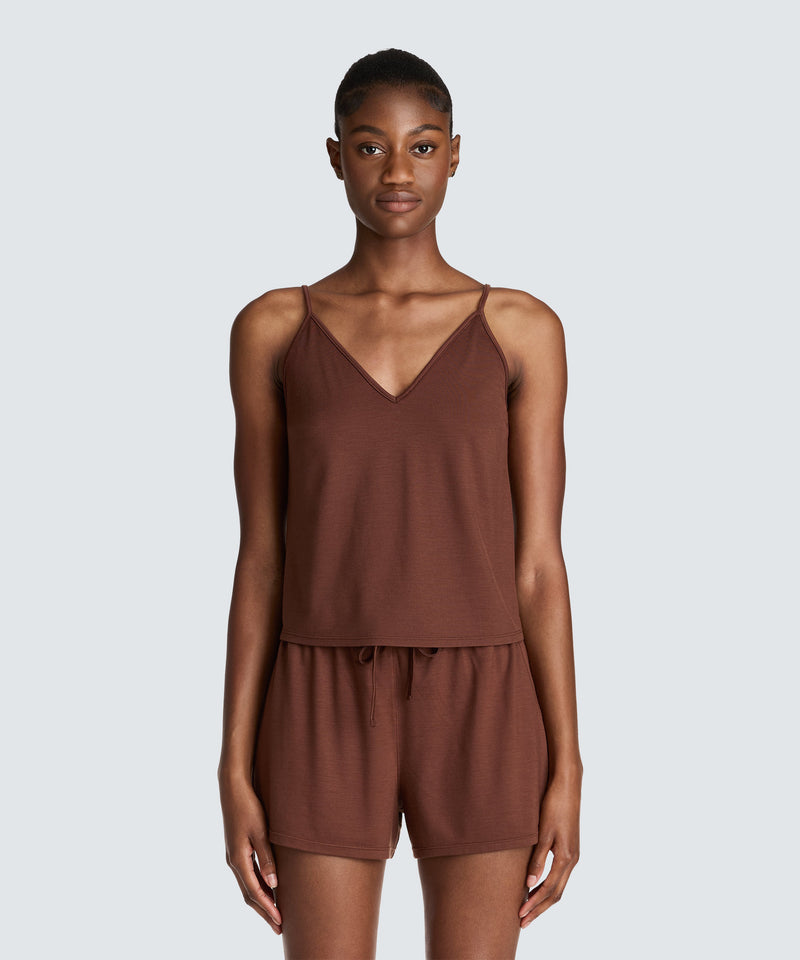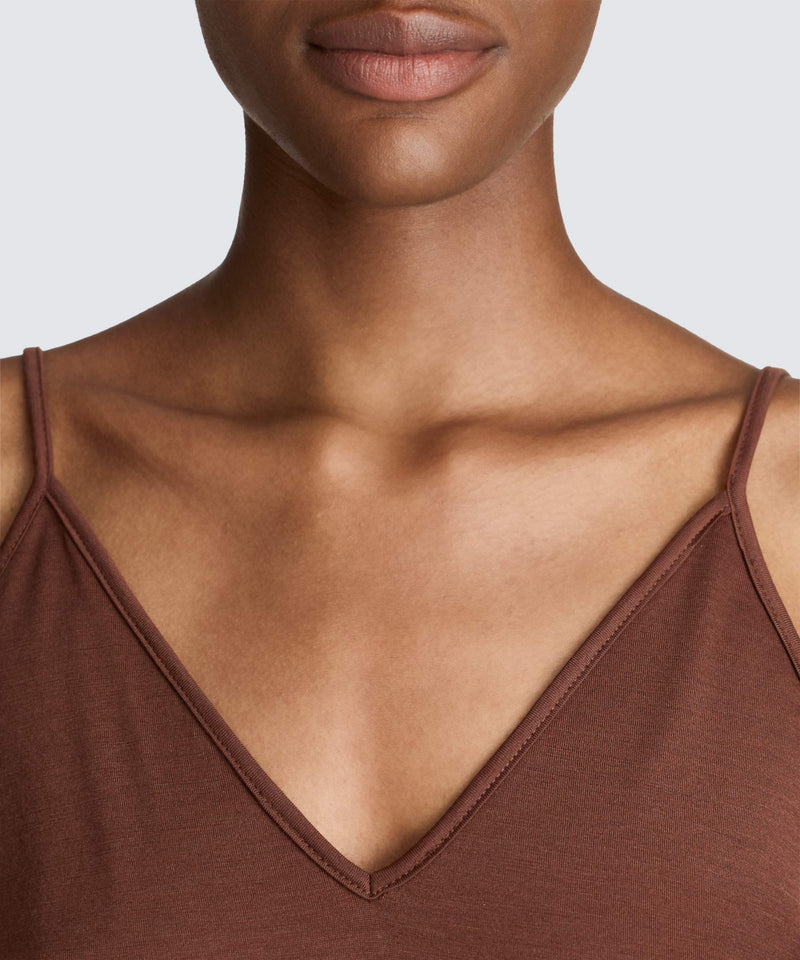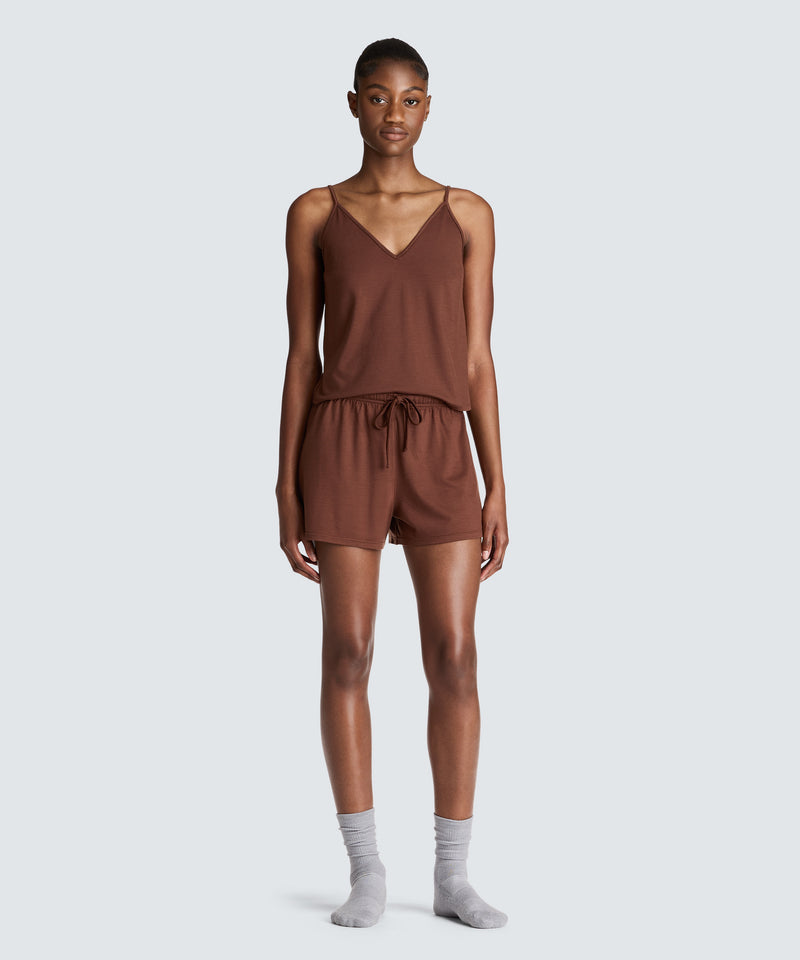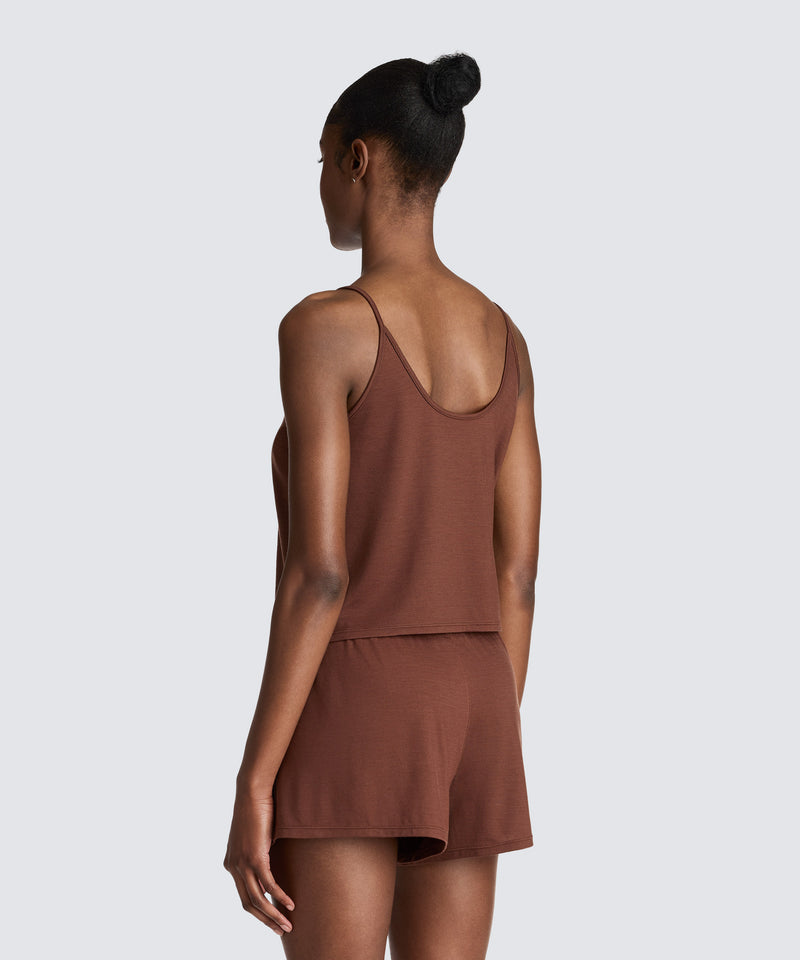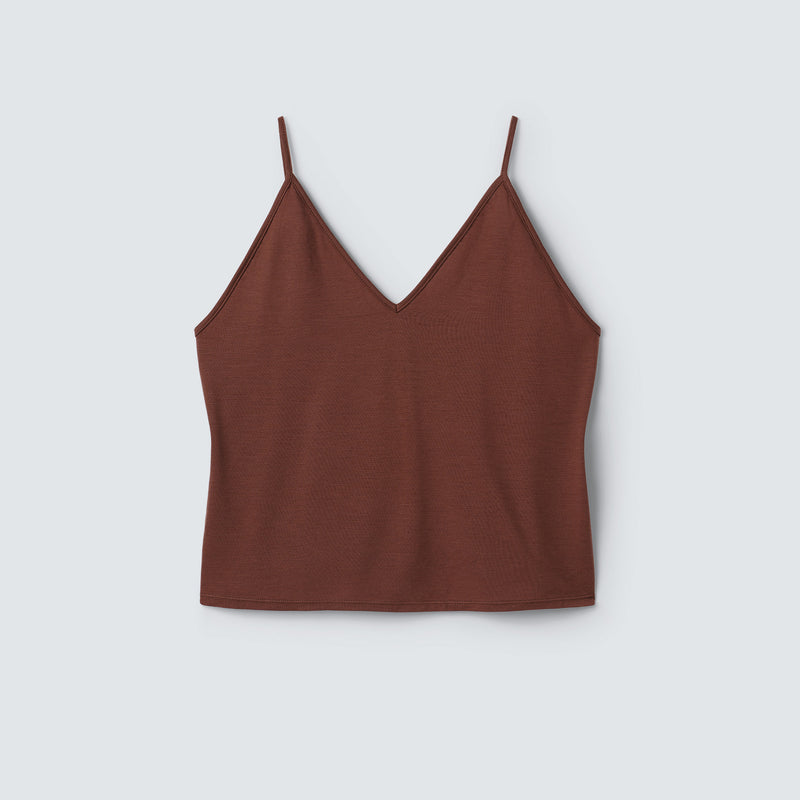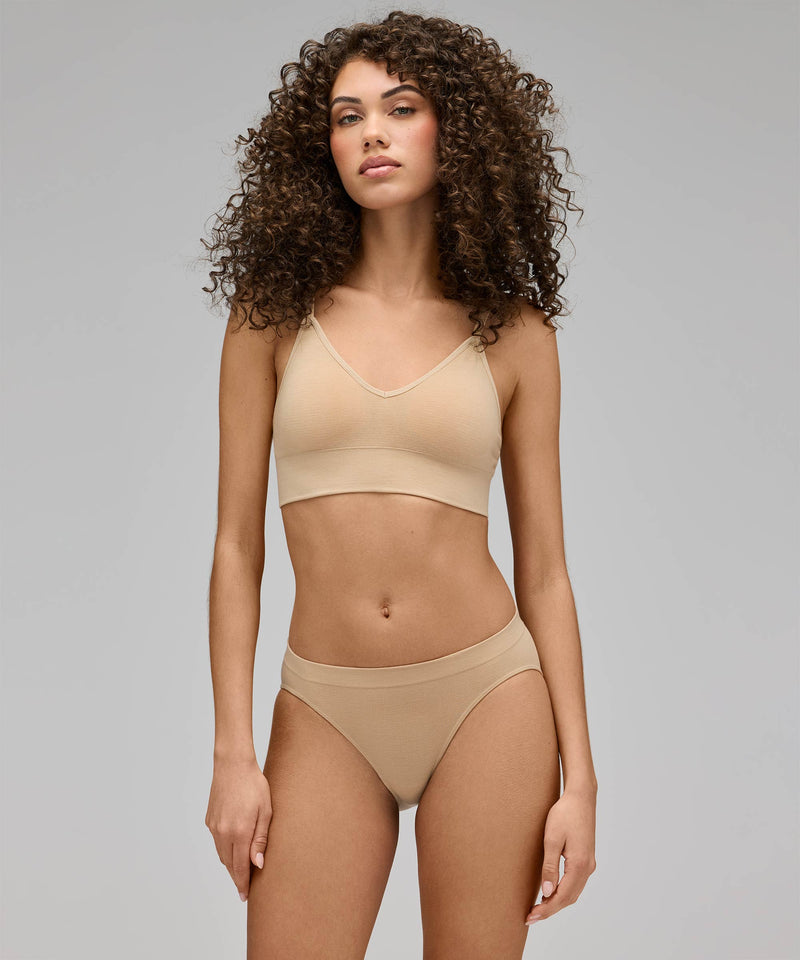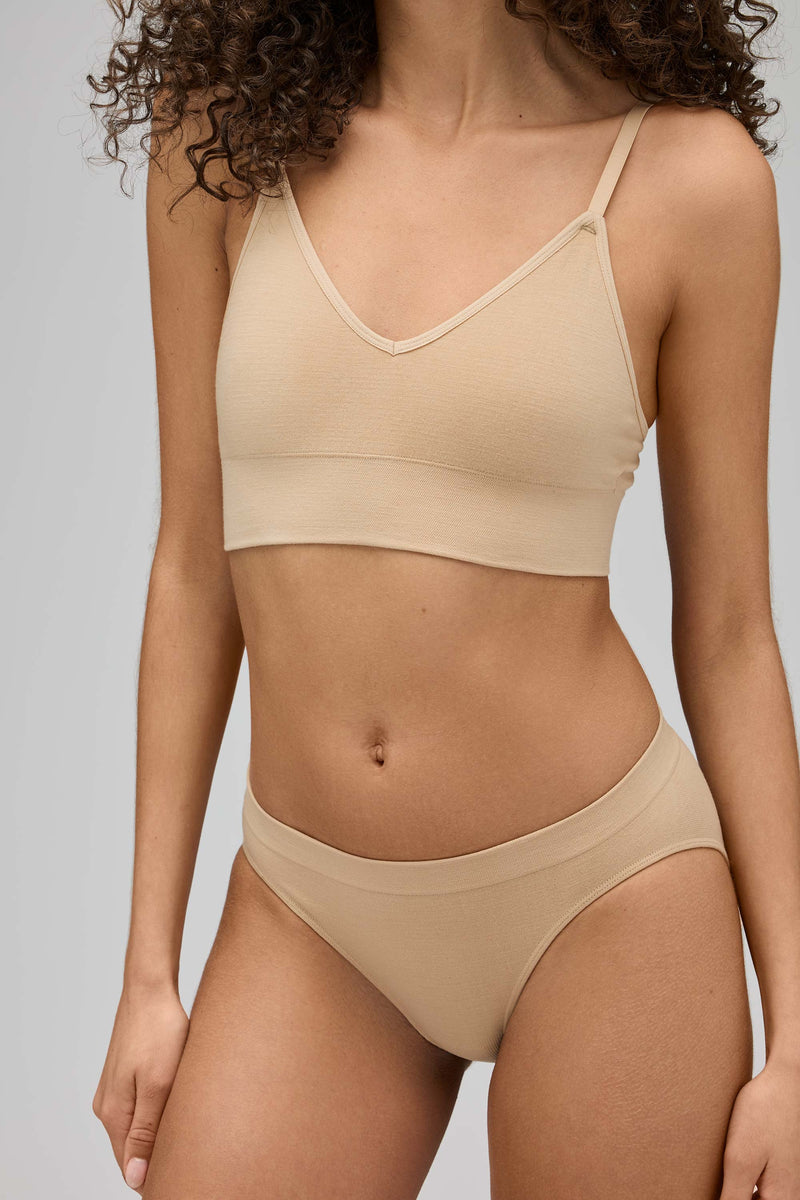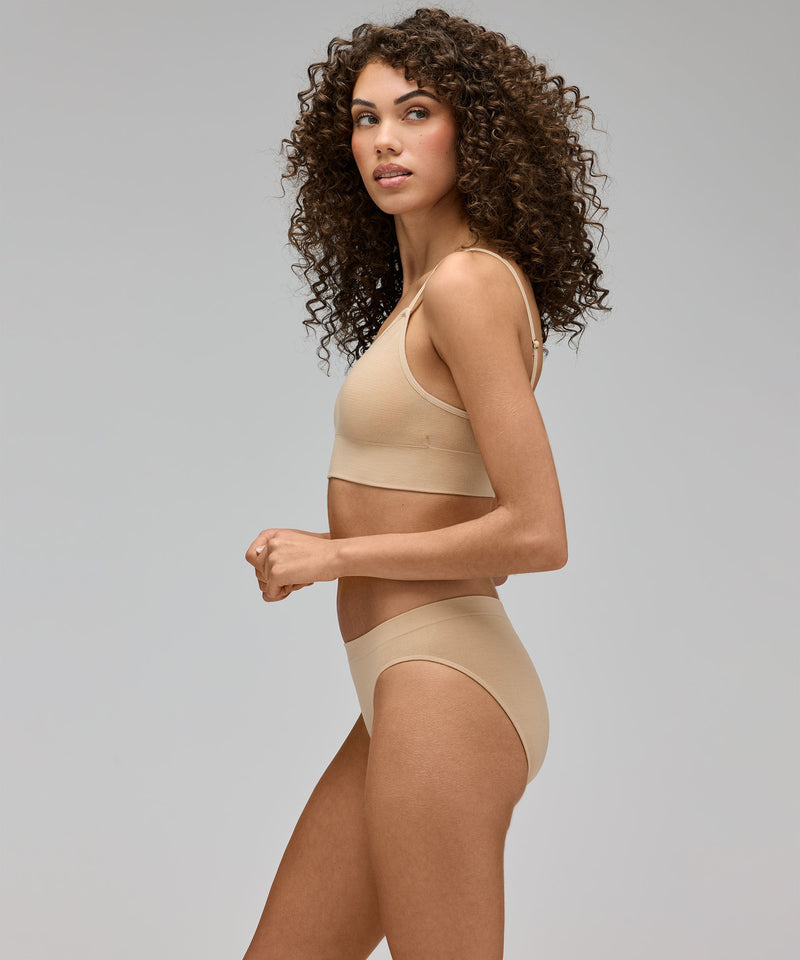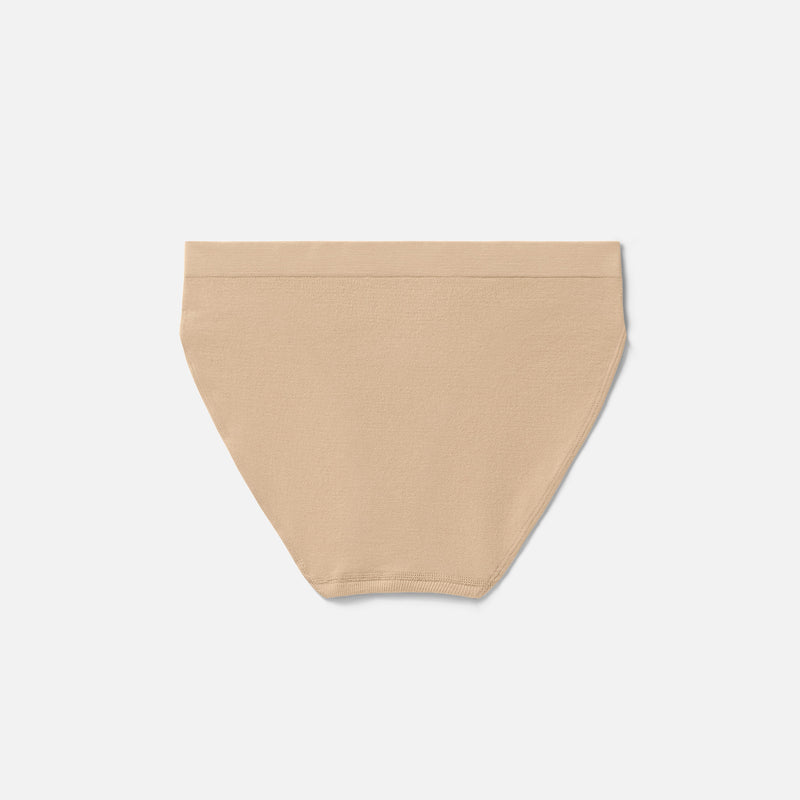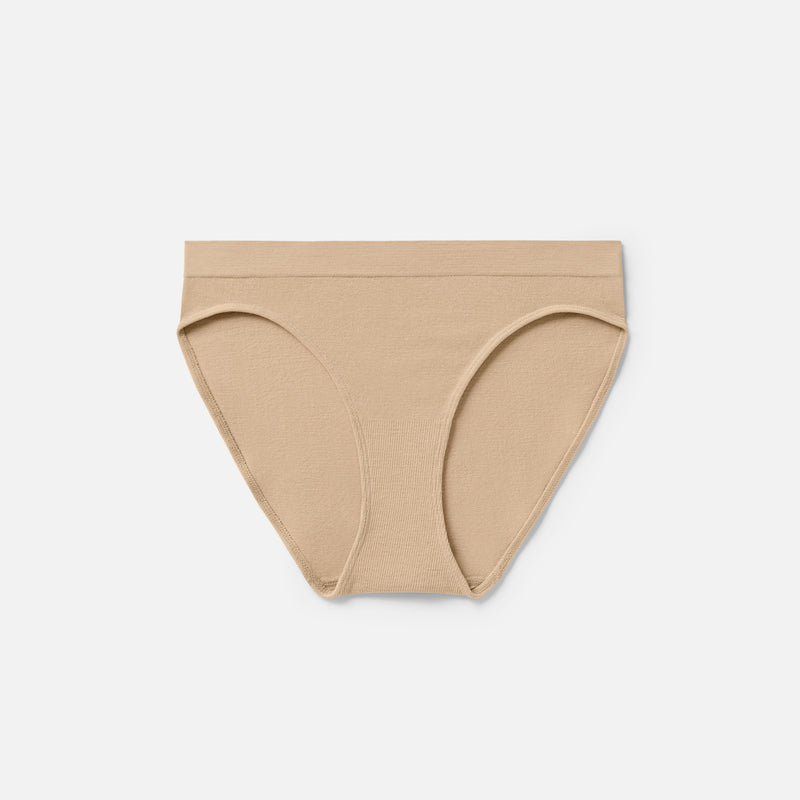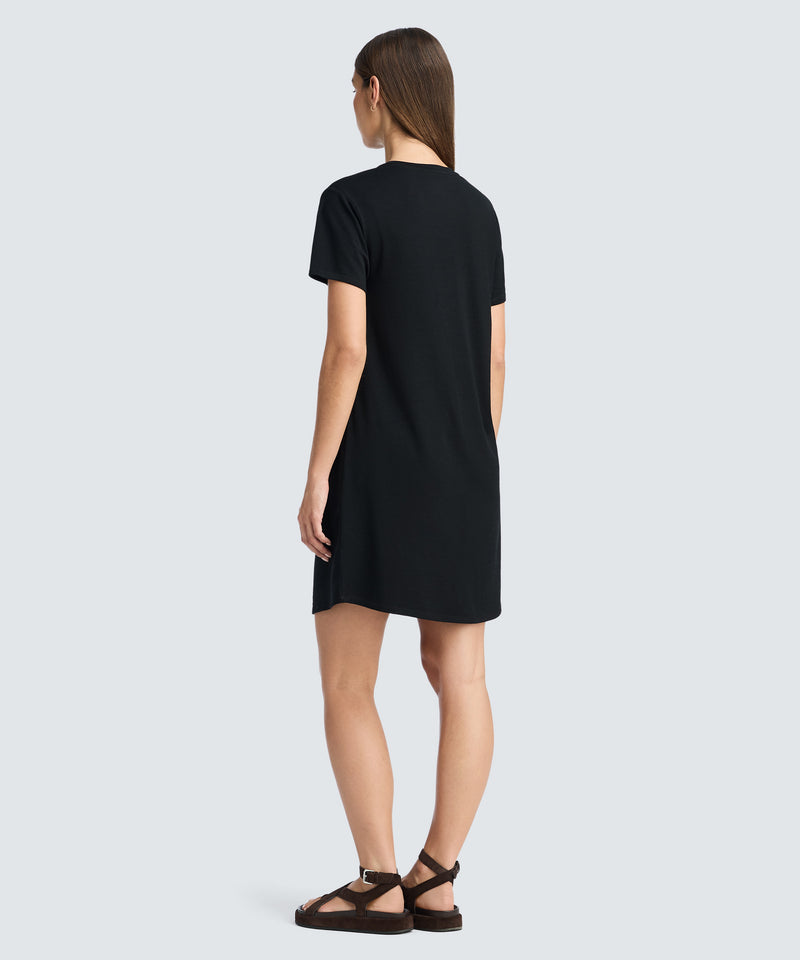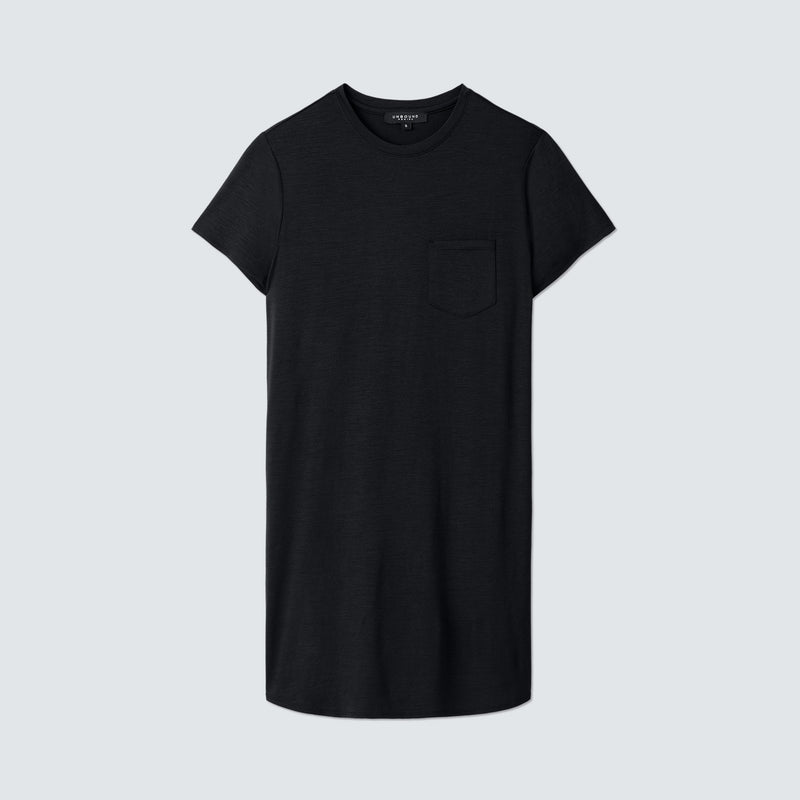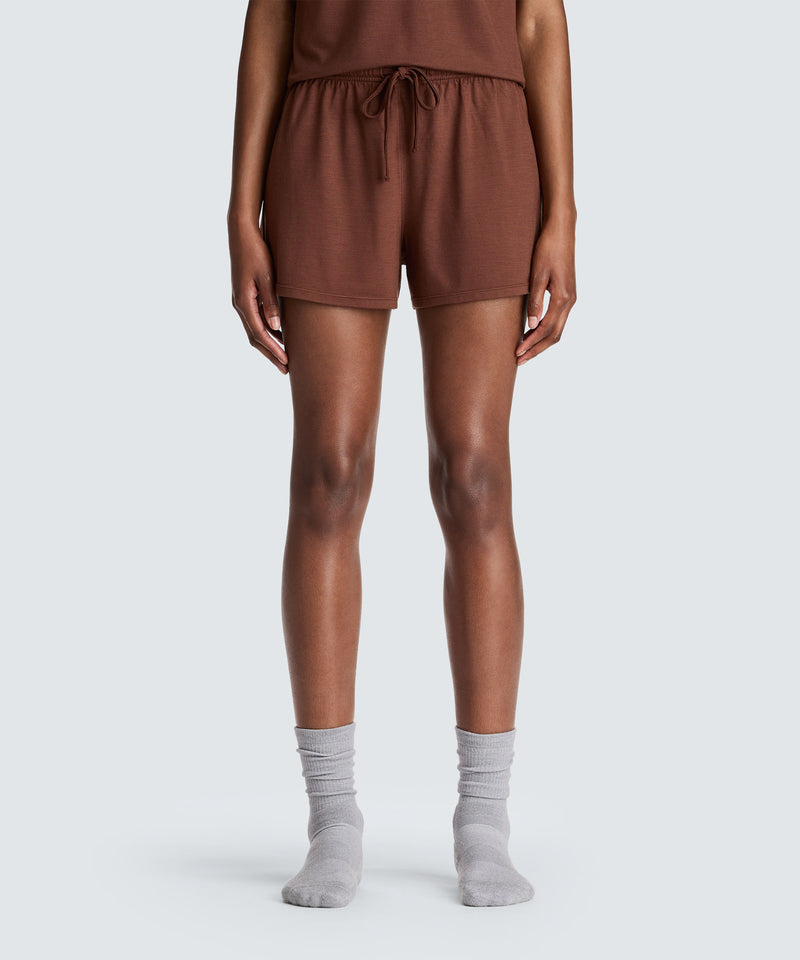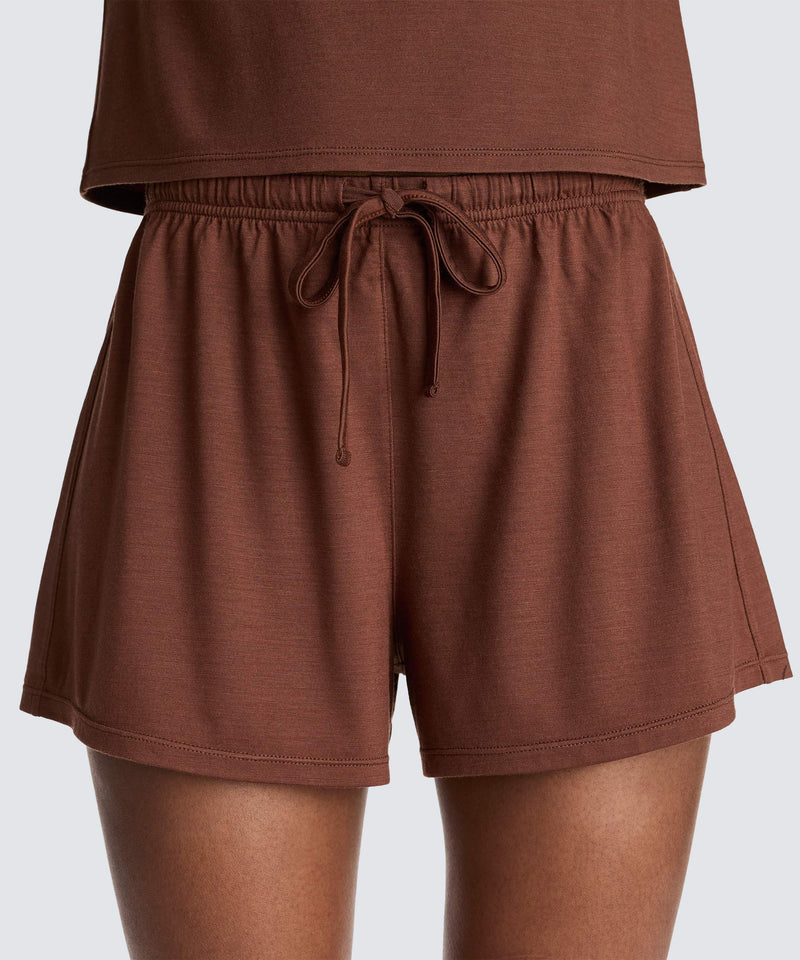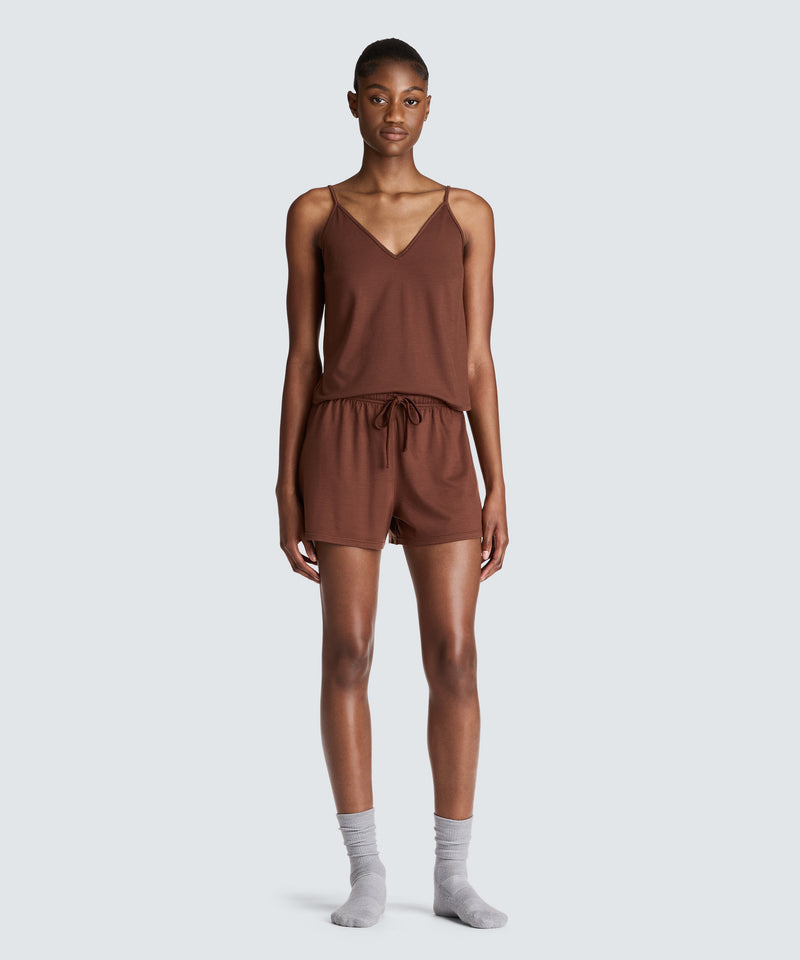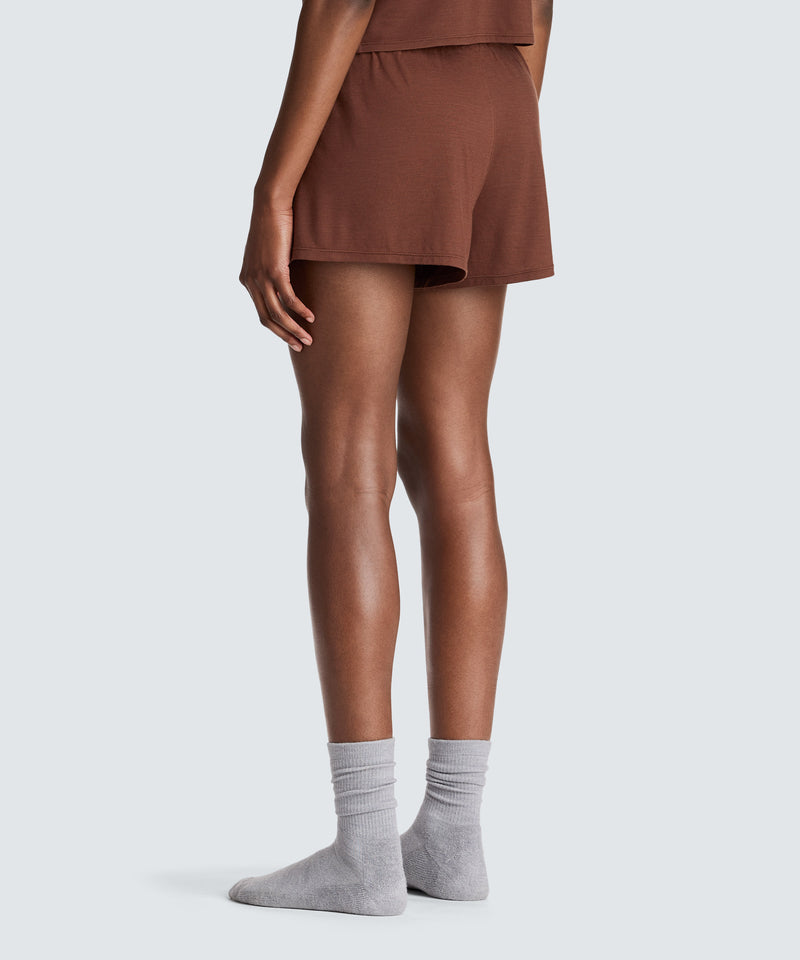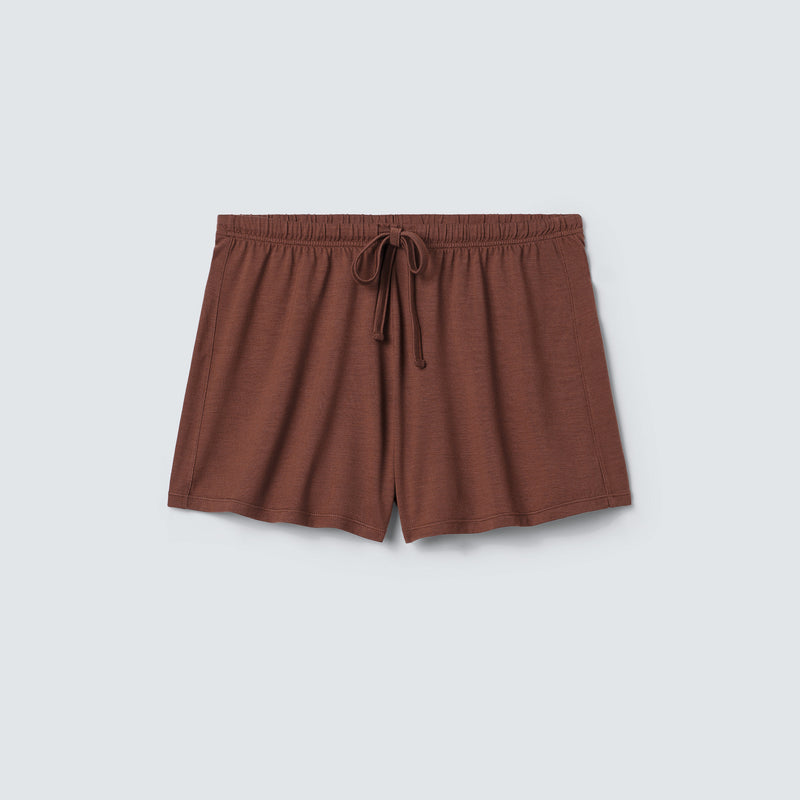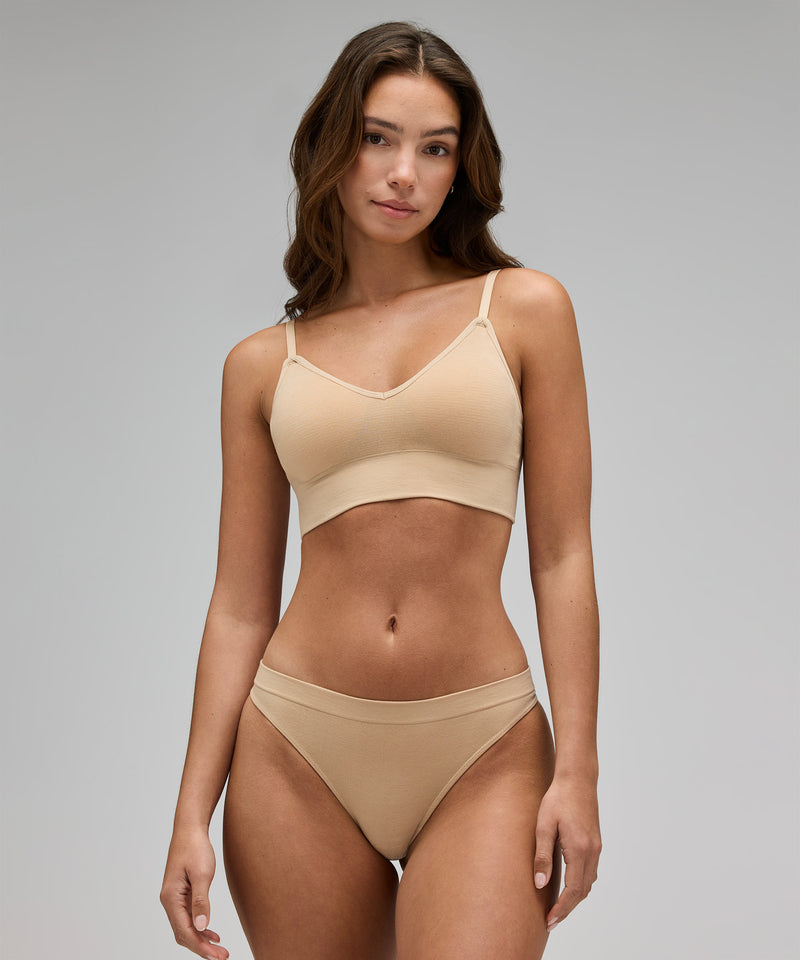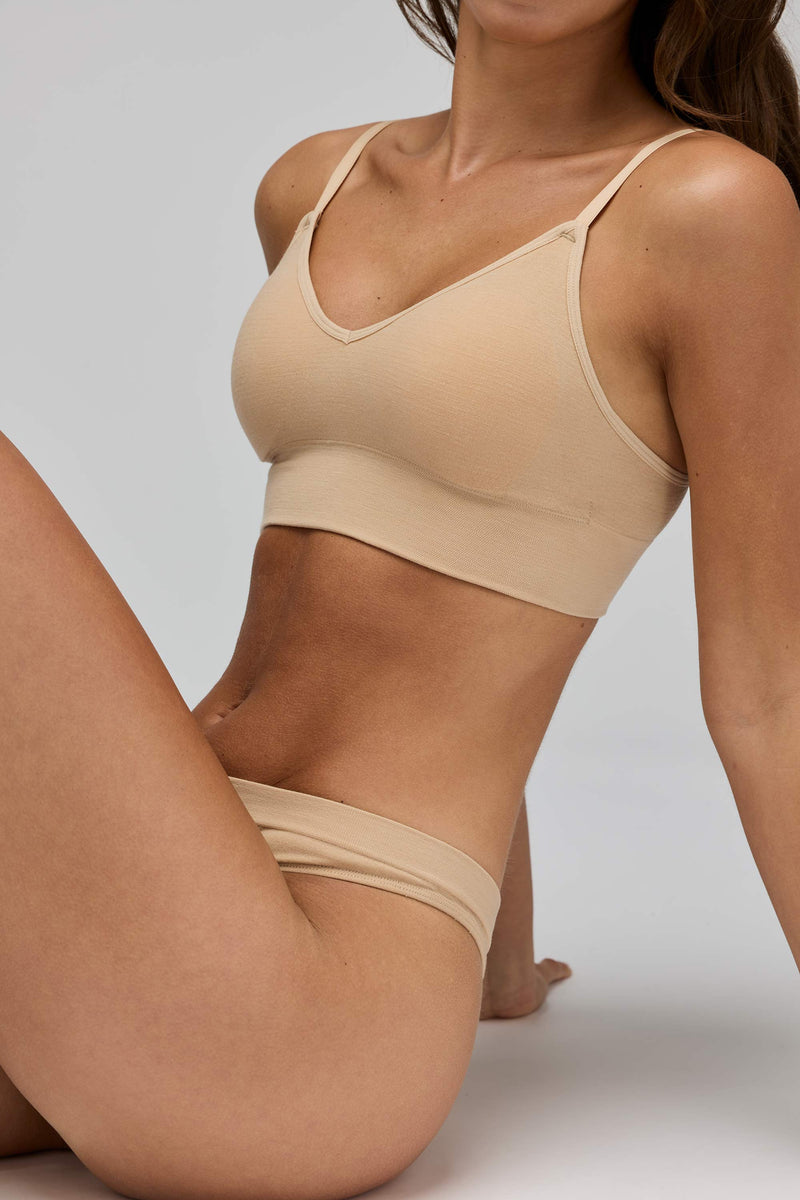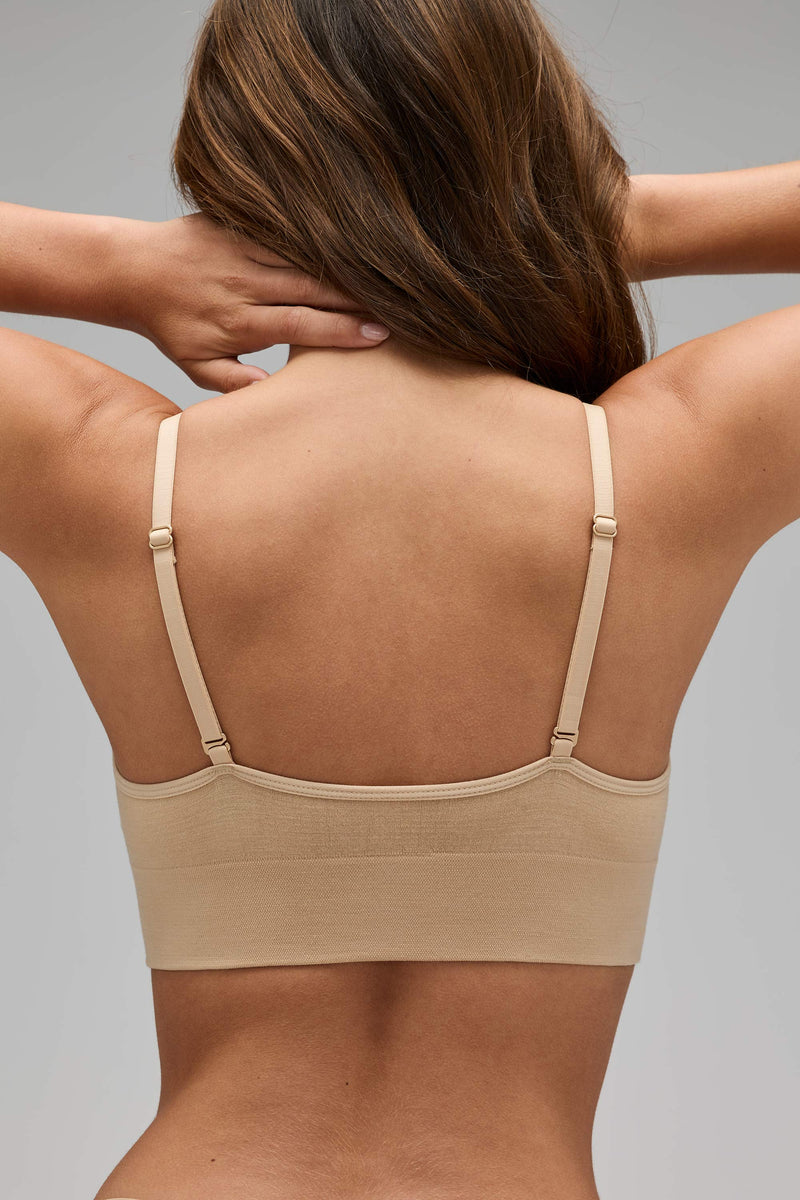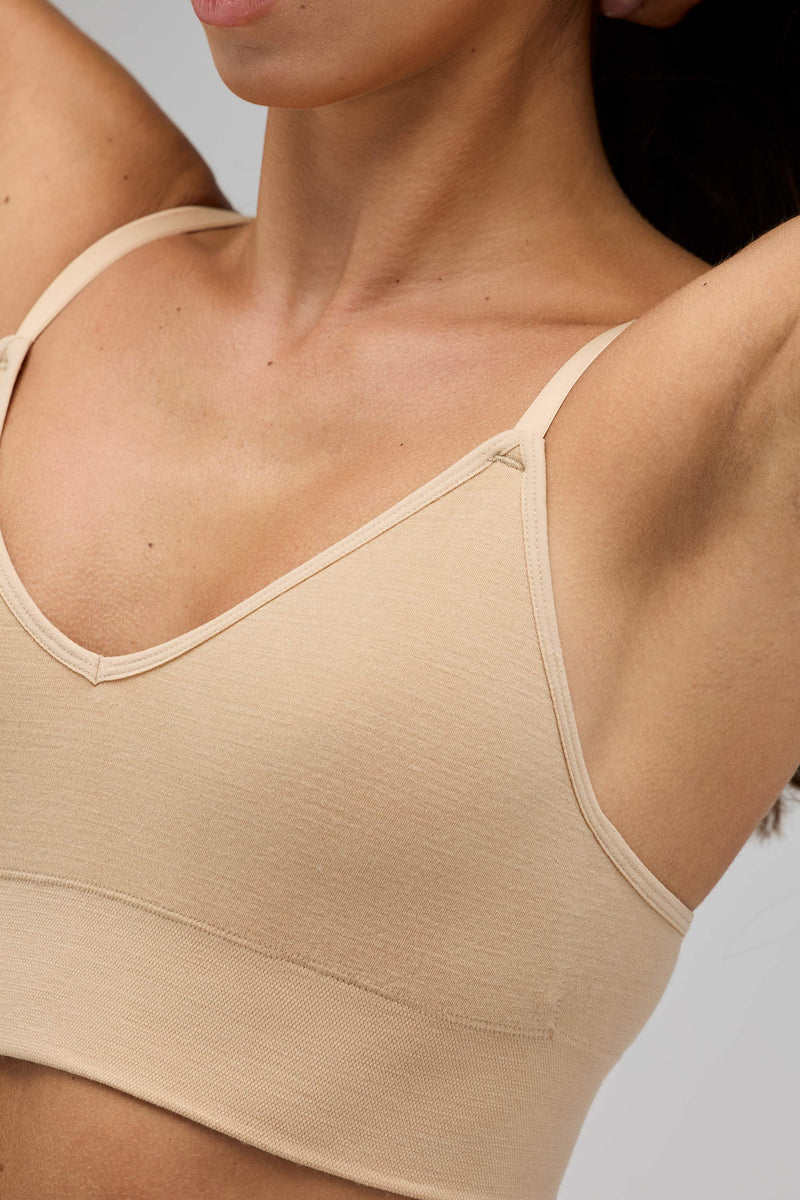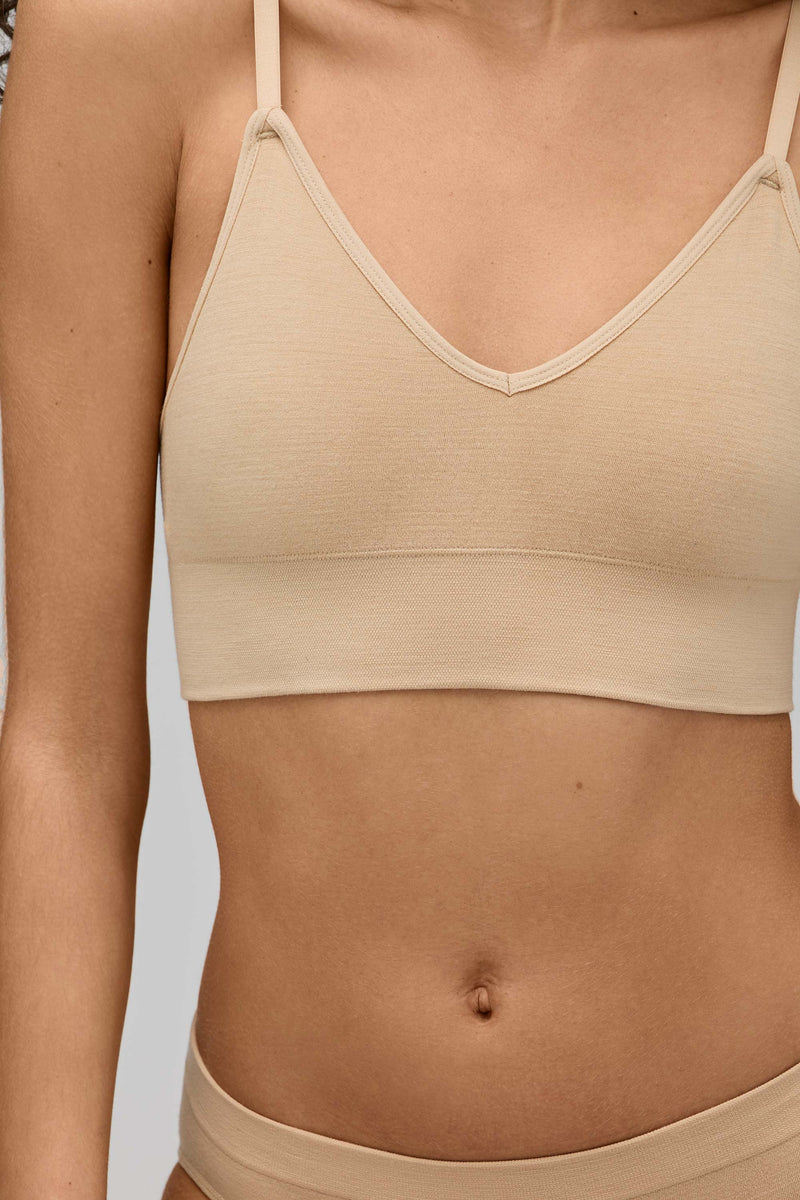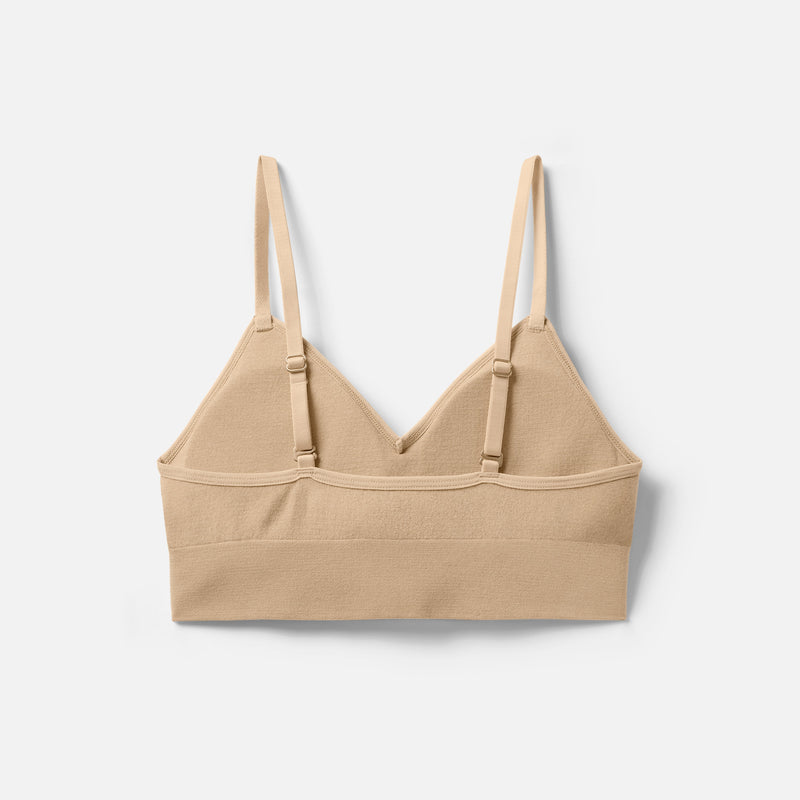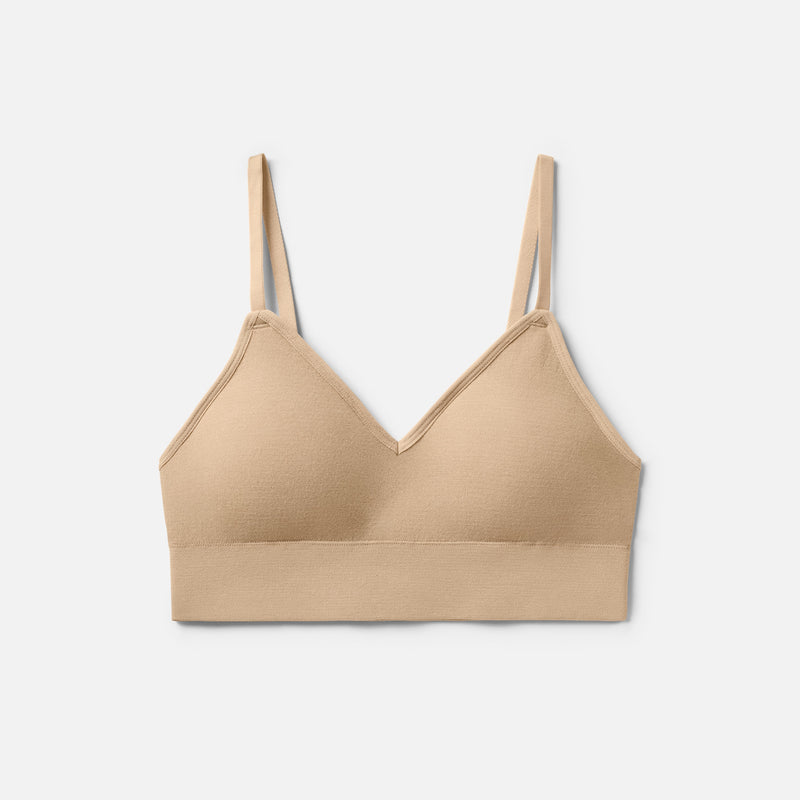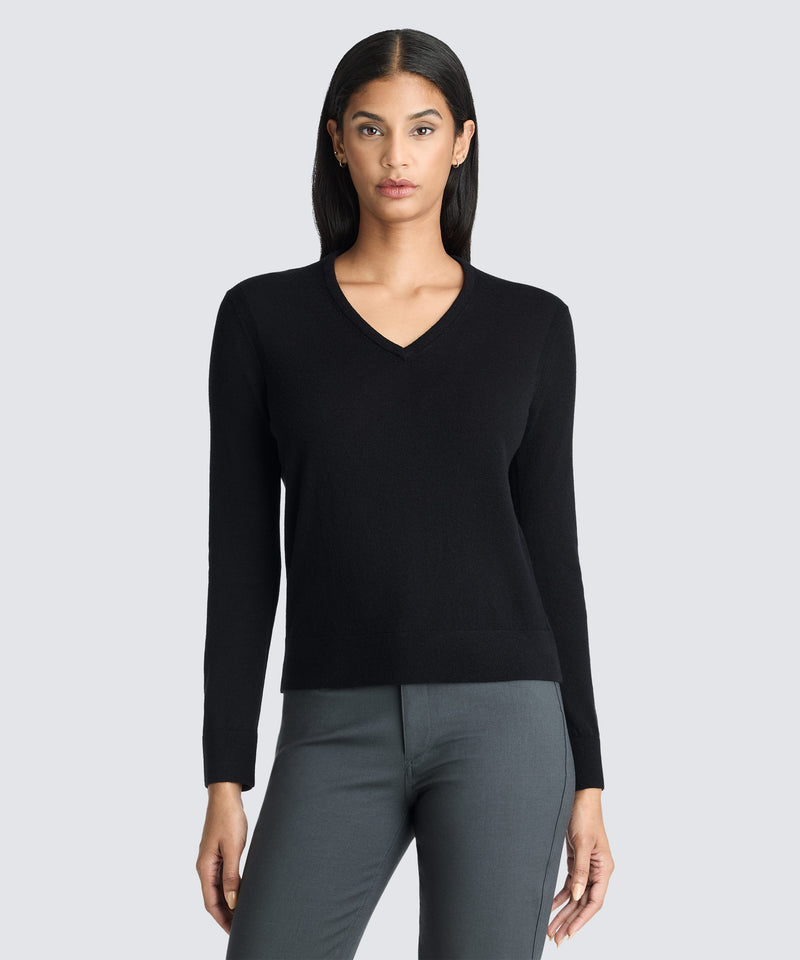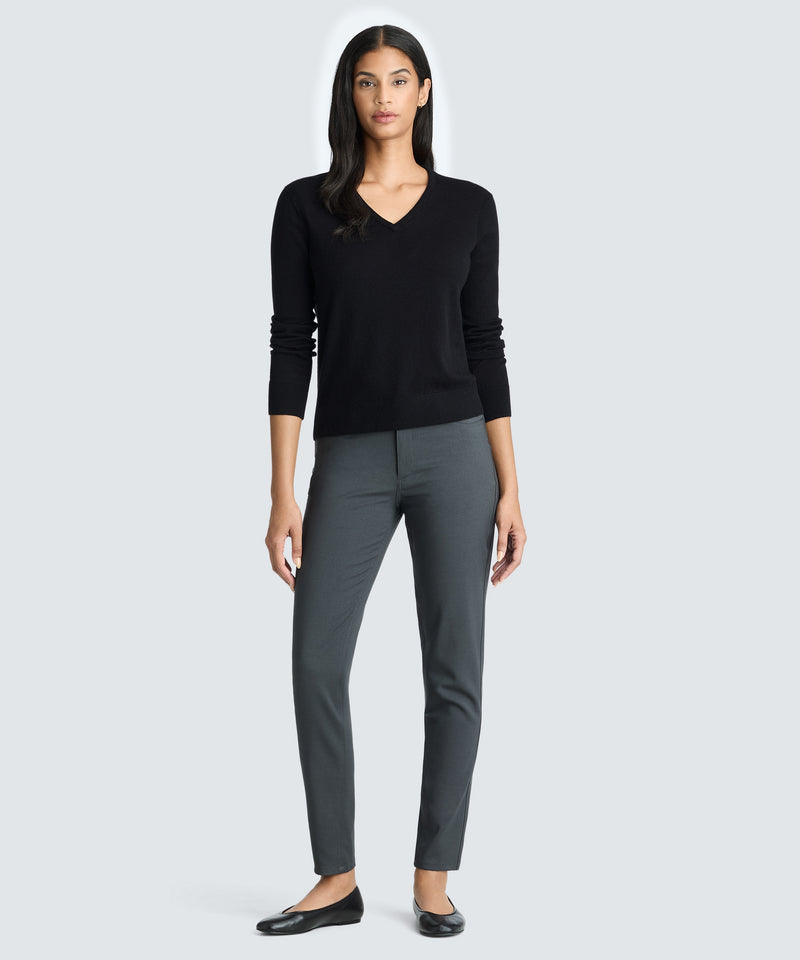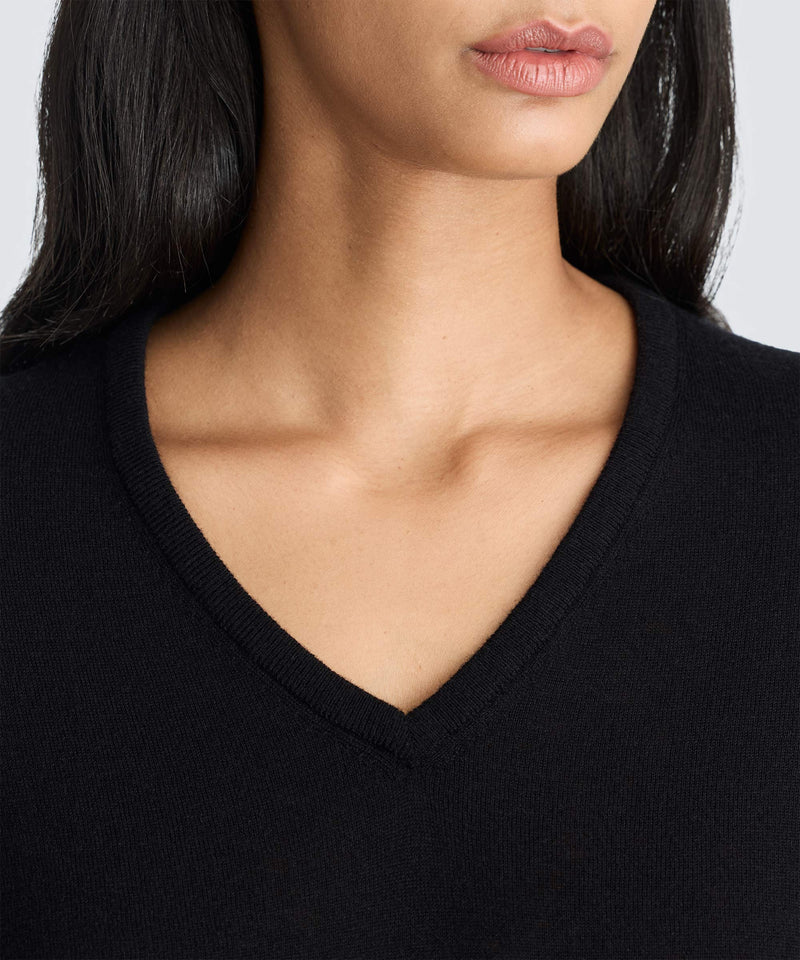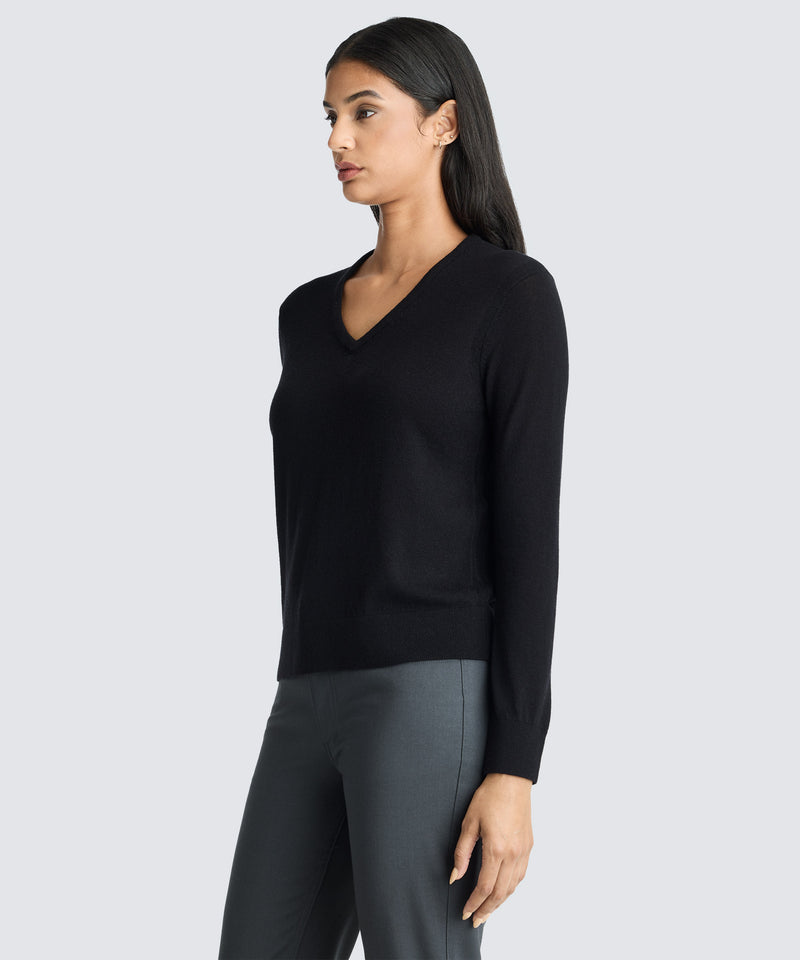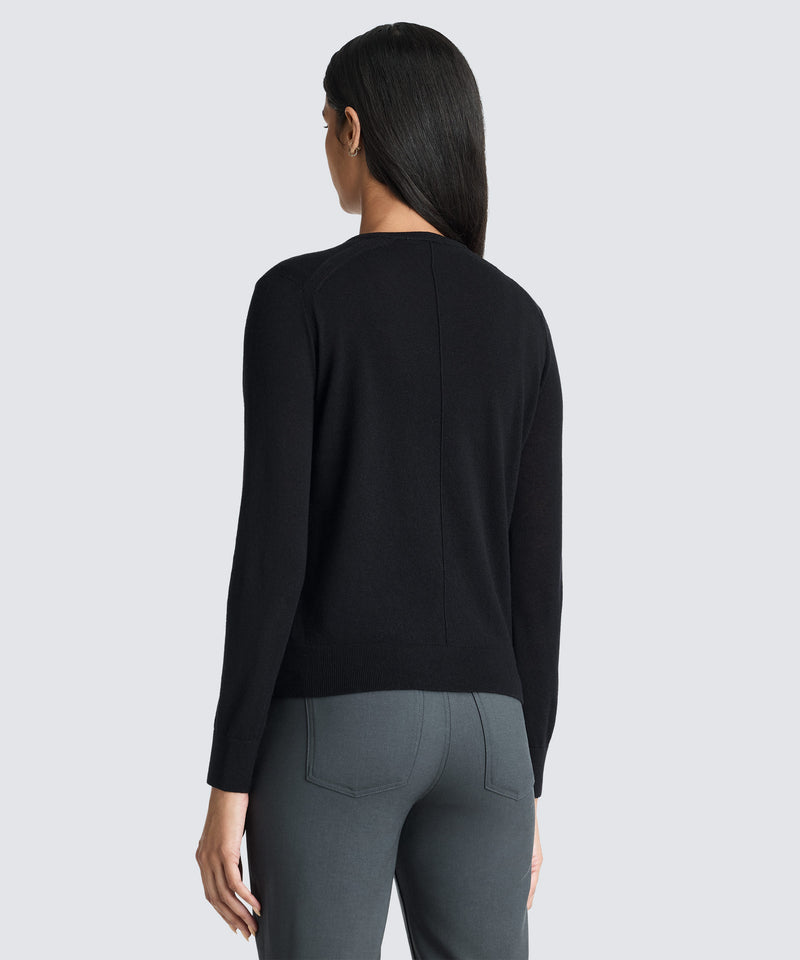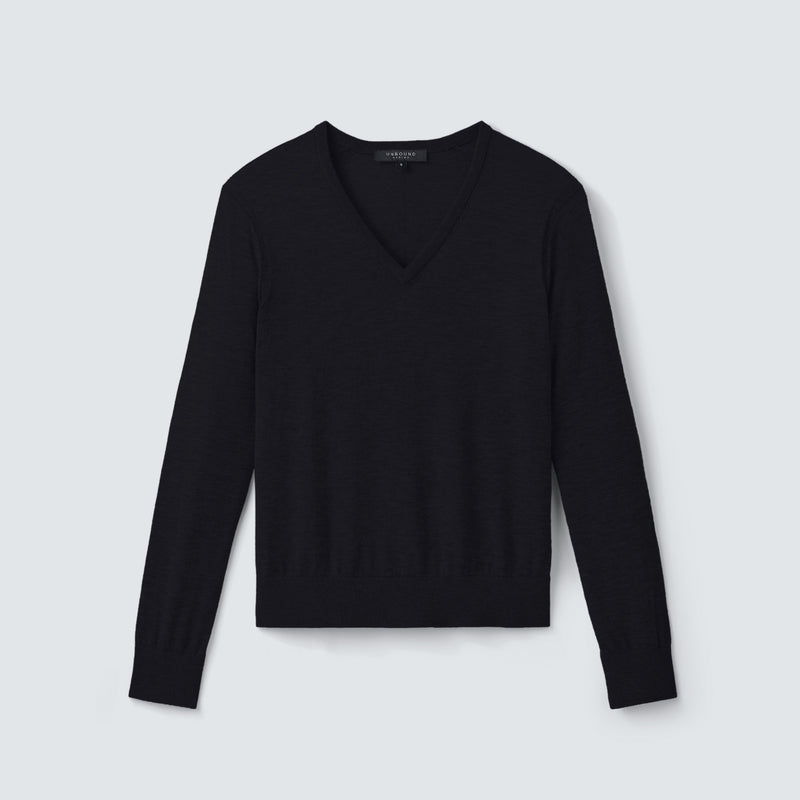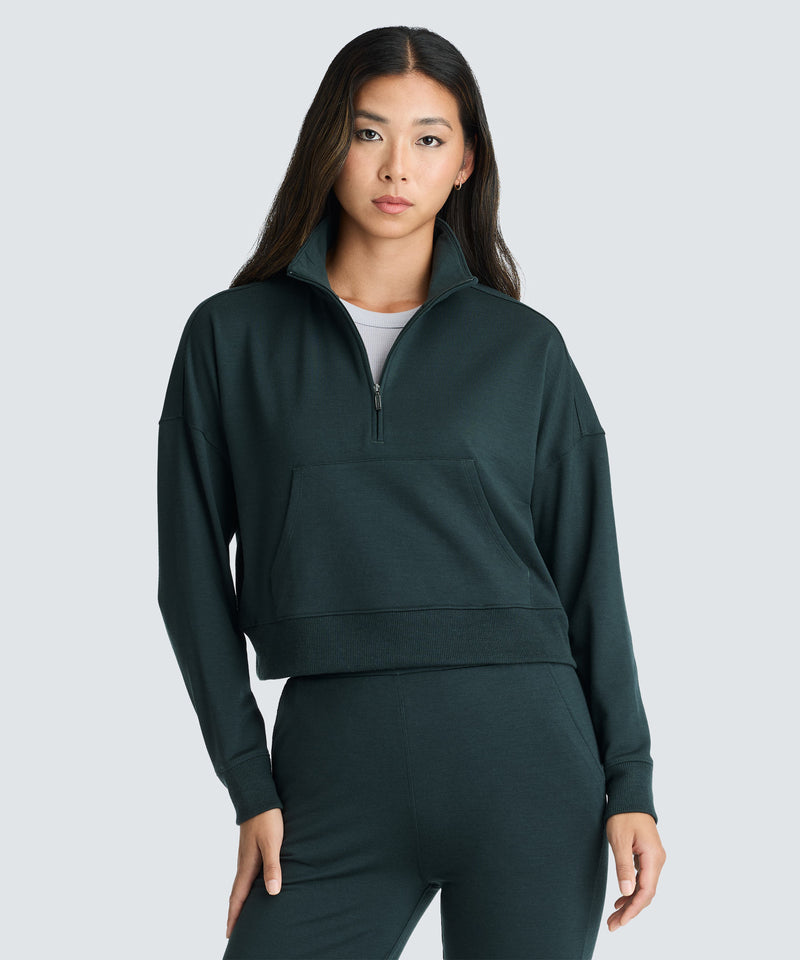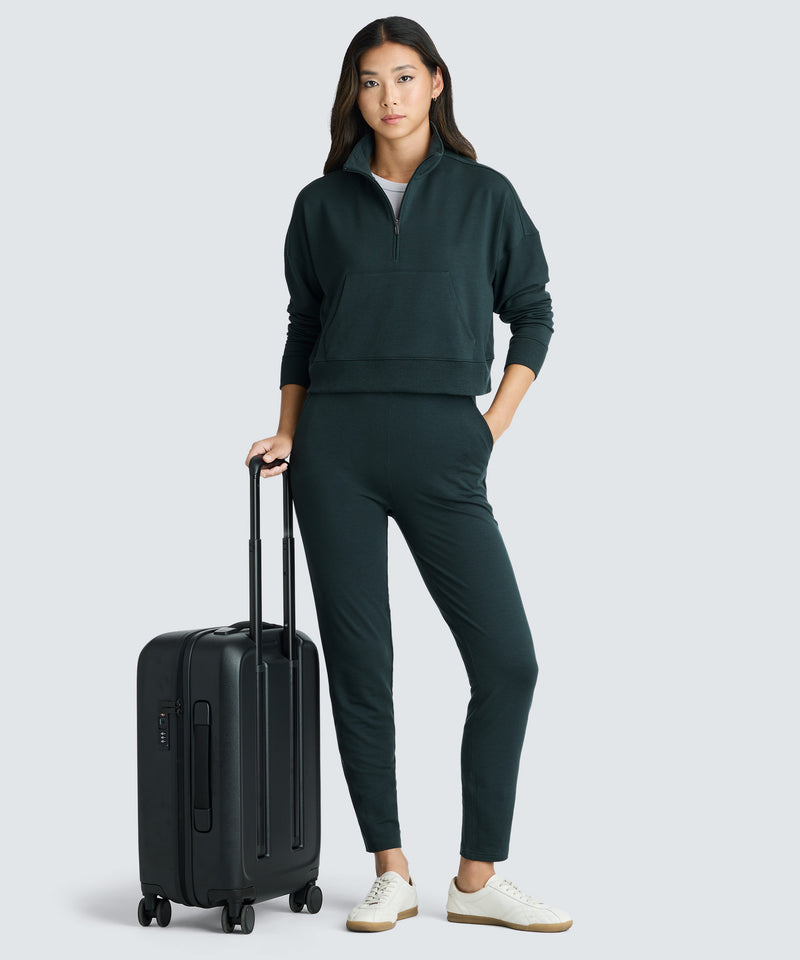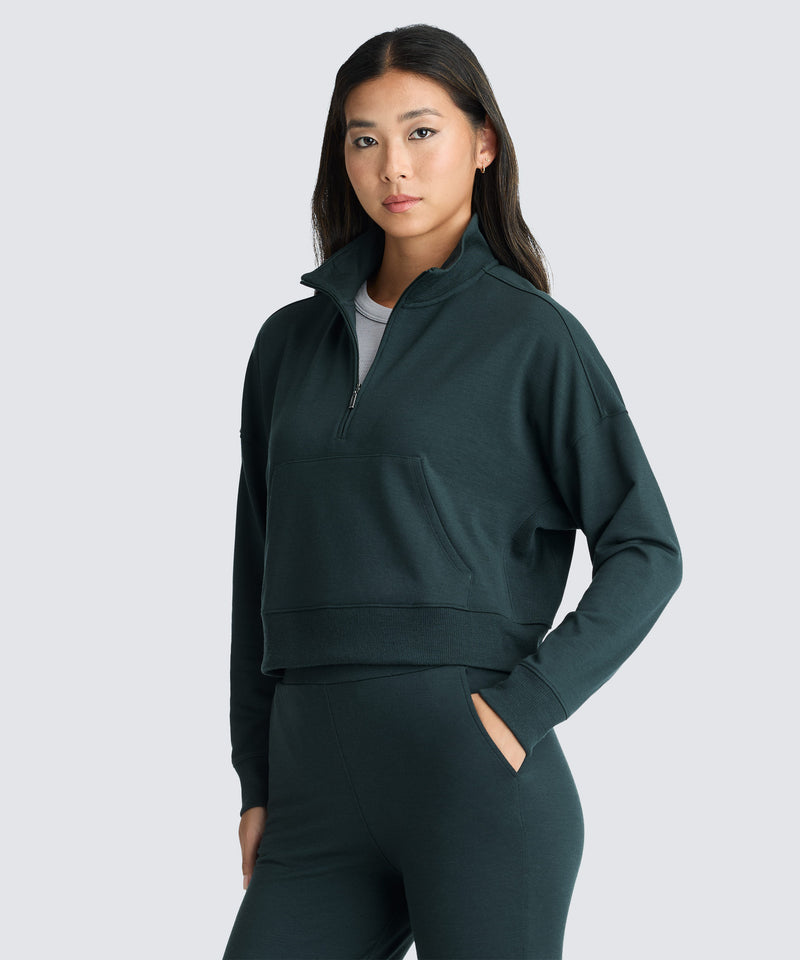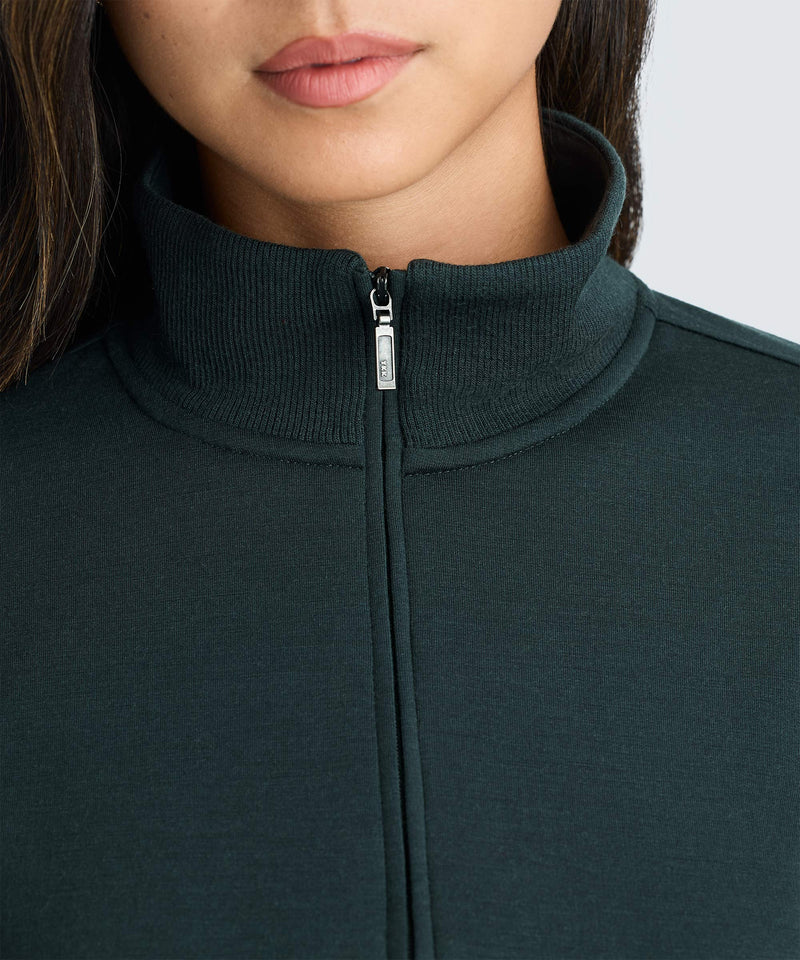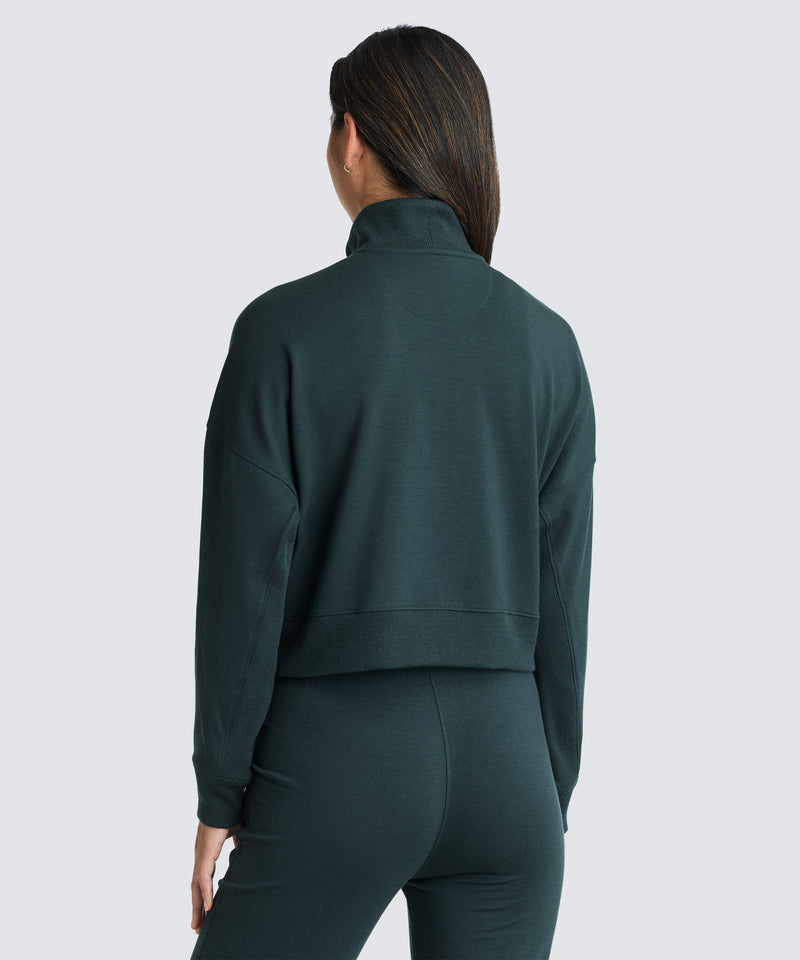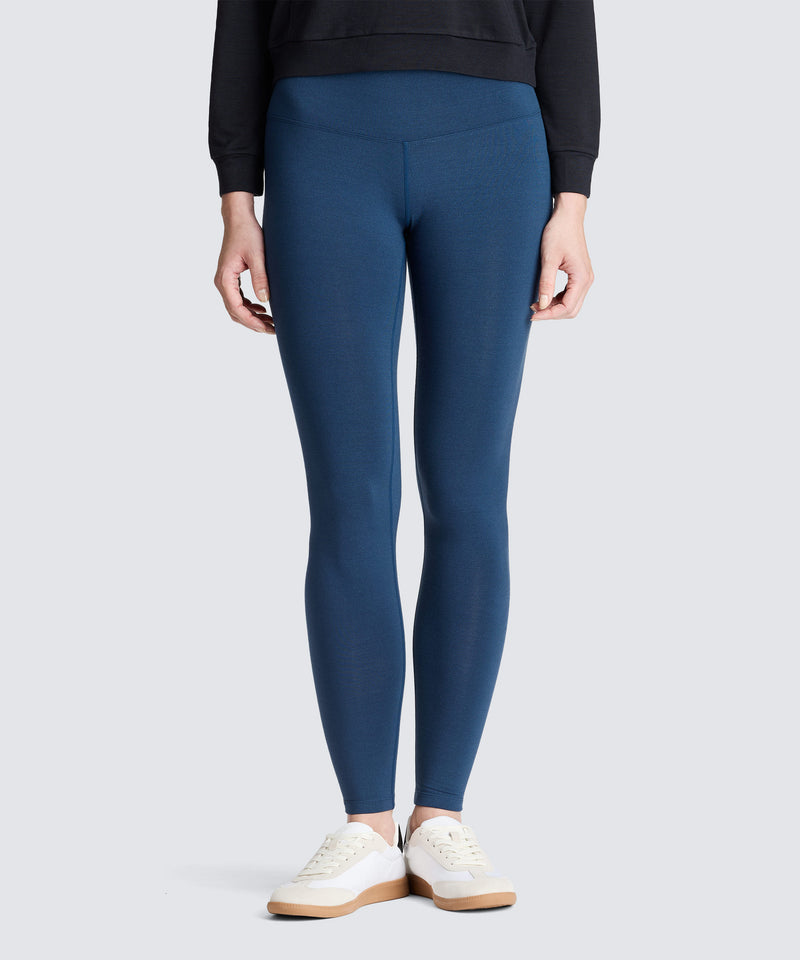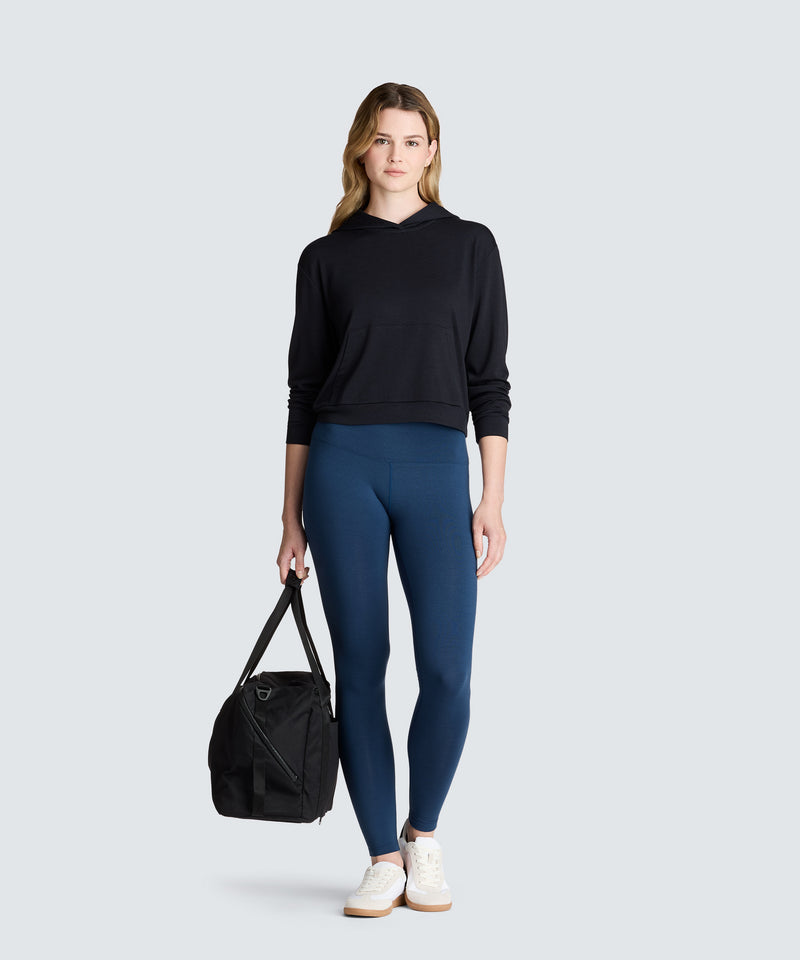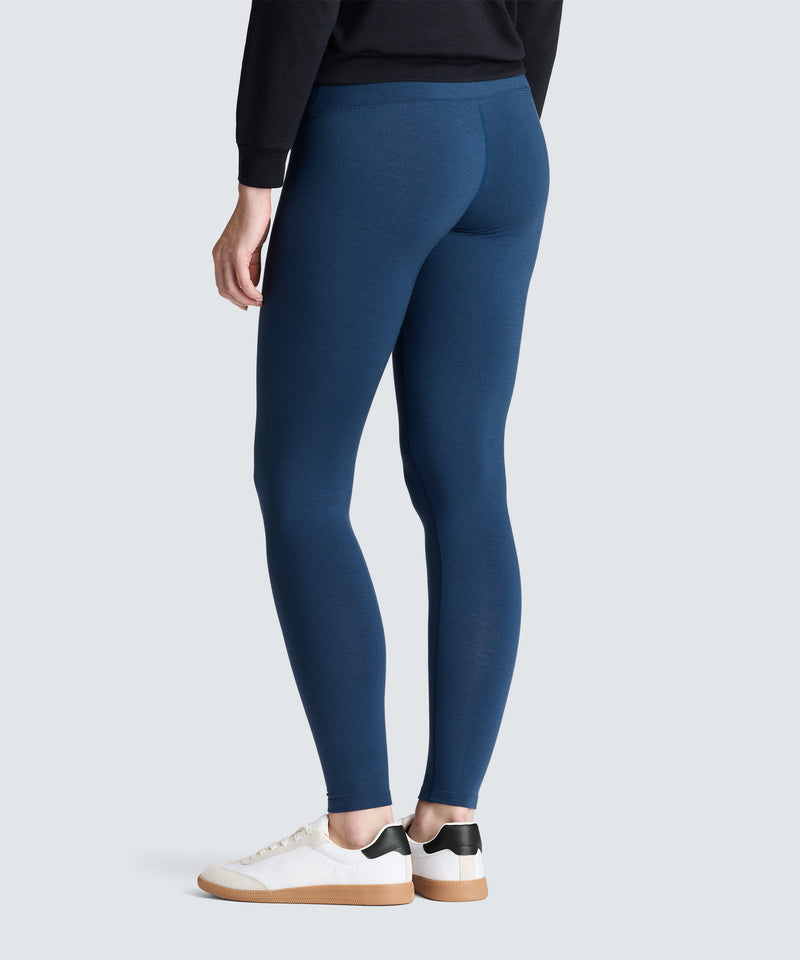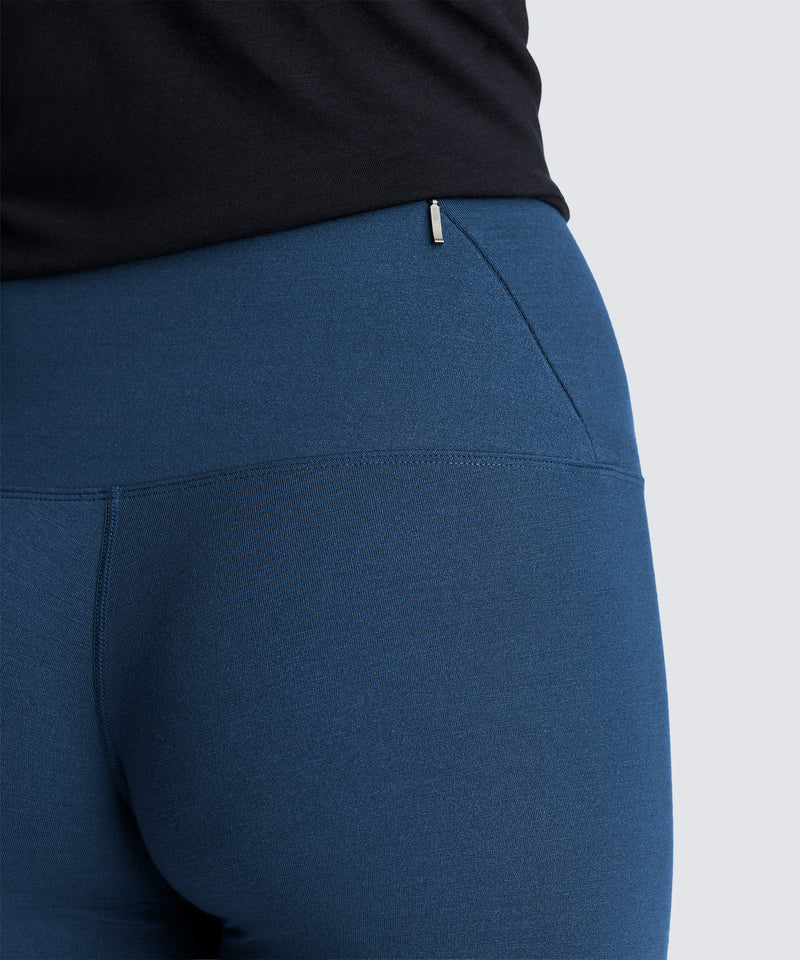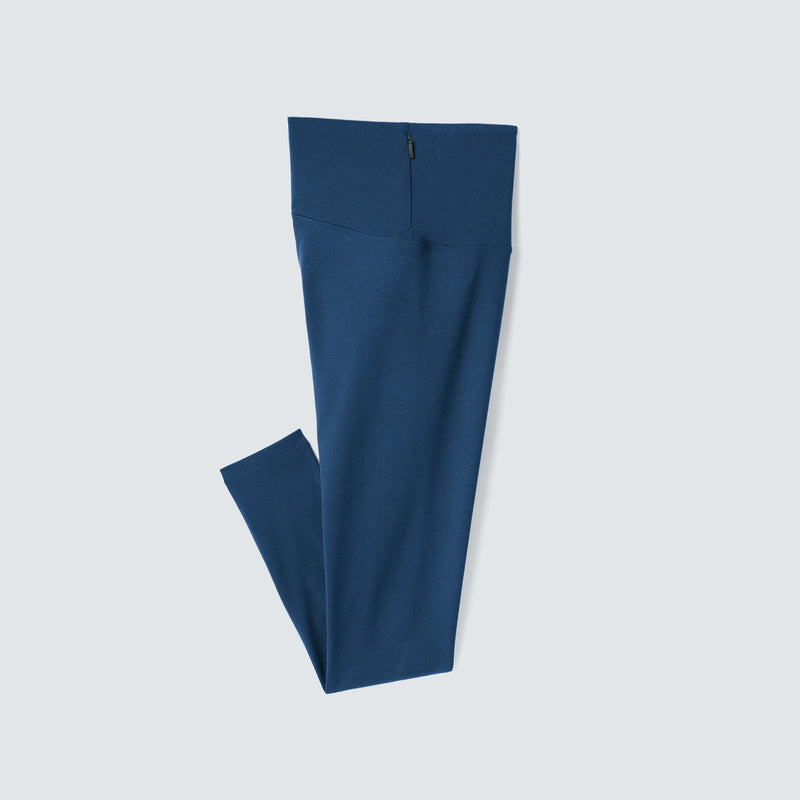minimalism
How Minimalism Helps Boost Productivity
Updated: May 08, 2022
Productivity is roughly a measure of work over time. It’s the ability to produce quality work, making quality decisions, for your boss, clients, customers or shareholders in a timely fashion, and it’s the underpinning quality of most successful people. And productivity isn’t even limited to the working world – if your hobby or passion is writing, art, music, woodworking, auto mechanics or any of the other million ways people choose to express themselves, you’ve also come up against productivity, and have either exceled or been unsuccessful. After all, what’s writer’s block but a form of failed productivity?
Even with our own business, setting out to make Unbound Merino clothes required a high level of focus, efficiency and productivity, qualities that are much easier to access when you remove the clutter from your life. Minimalism helps boost productivity by deleting the daily excess, removing the unnecessary distractions and scaling back the small, workaday decisions. Think about it this way: if your supermarket carried only the brand of coffee that you like, how much quicker would you be in and out that door? But as it is, you have to peruse the shelves, contemplate their weekly deals, and wonder whether you need something new.
This is what’s known in psychology as “decision fatigue”. It’s the observed phenomenon of people making increasingly worse decisions the more they make in a single day, and was most famously illustrated when researchers found that judges made poorer decisions towards the end of their day.
Steve Jobs was famously obsessed with removing decision fatigue, going so far as to scale his wardrobe down to only a black turtleneck and jeans to remove the “what should I wear?” decision from his day (though he would have looked better in v neck merino clothing with some matching socks – just saying). Removing this small decision, along with others, allowed Jobs to focus his full attention toward creating new Apple products and managing the business.
Barack Obama once told Vanity Fair something similar: “You’ll see I wear only gray or blue suits… I’m trying to pare down decisions. I don’t want to make decisions about what I’m eating or wearing. Because I have too many other decisions to make.” For a man that had access to the nuclear codes, it was ultimately minimalism that allowed him to make productive decisions, which is eye-opening. Mark Zuckerberg also wears the same shirt every day. Focused work really is that much easier once you’ve committed to certain small decisions, like what to eat and what to wear.

Which is not to say that what you wear isn’t important – in fact the opposite. You have to have the utmost faith in your clothes that they’re going to be consistently comfortable, clean and temperature-appropriate, all while looking good. Maybe faded blue jeans and a turtleneck worked for Steve Jobs in the 90s, but now people are after more streamlined designs, a guiding principle in our lineup of Merino wool clothing.



